Planet Earth is in a state of unprecedented transformation. Global temperatures are rising at an alarming rate, weather patterns are becoming more erratic, and extreme weather events are intensifying.
In recent decades, we have witnessed an alarming frequency and intensity of extreme weather events around the world. From scorching heat waves to devastating hurricanes, flash floods and prolonged droughts, these events are becoming a new norm. Scientists are increasingly convinced that these phenomena are not merely whims of nature, but clear symptoms of a much larger problem: climate change.
But what is Climate Change?
Climate change refers to significant and long-lasting changes in global weather patterns. While the Earth's climate has changed throughout its history, today, we are seeing an unprecedented acceleration of these changes due to human activities. The burning of fossil fuels, deforestation and other industrial practices have significantly increased levels of greenhouse gases in the atmosphere, such as carbon dioxide (CO2) and methane (CH4). These gases trap heat, resulting in global warming.
However, scientists were rarely able to pin down the exact contribution of climate change to these events. Today, thanks to the combination of human intelligence, mathematical models, precise meteorological data and supercomputers, it is possible to calculate the climate footprints of many important weather events.
The goal of climate attribution is to demonstrate the extent to which greenhouse gases, from the burning of fossil fuels, are related to observed weather effects.
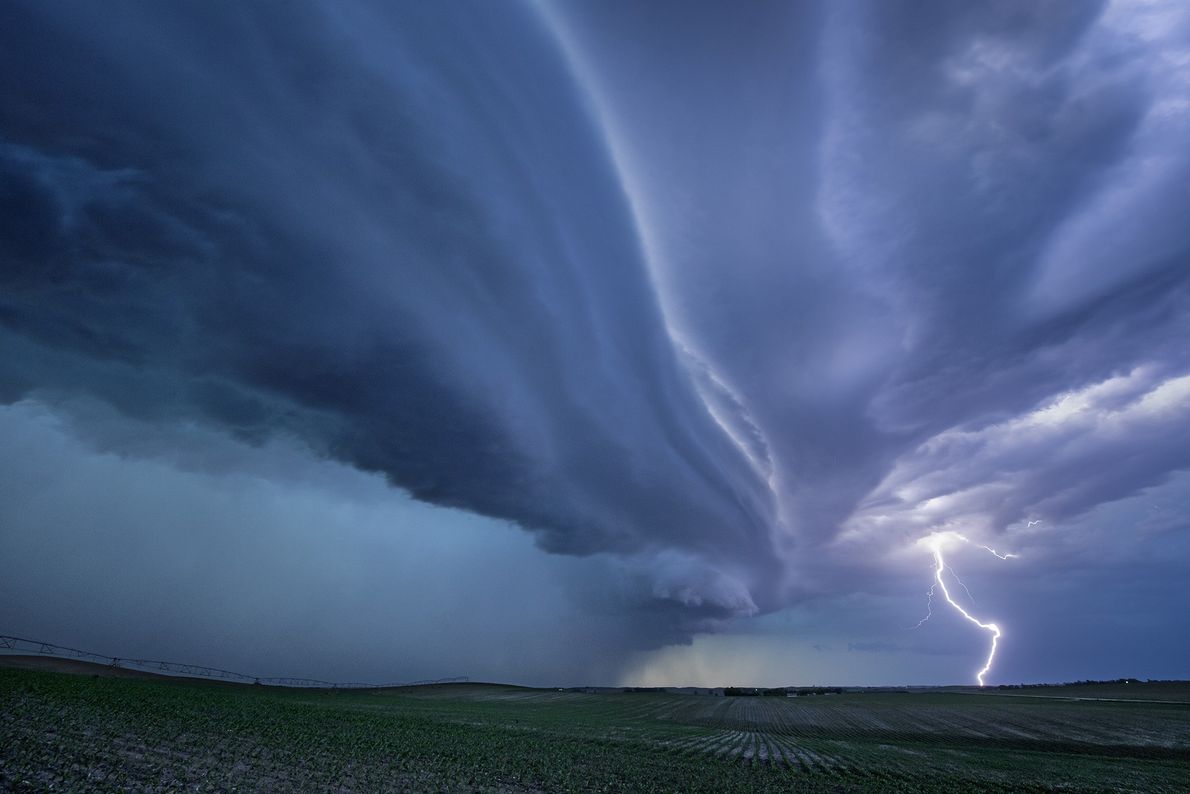
Scientific Evidence: The Clear Link
The international scientific community is clear and forceful: climate change, caused mainly by greenhouse gas emissions derived from human activities, is mainly responsible for this intensification of extreme weather events.
Comprehensive scientific studies show that climate change is altering atmospheric circulation patterns, increasing the amount of water vapor in the atmosphere and modifying the frequency and intensity of precipitation.
Scientists now try to calculate and disseminate these climate signatures within days or weeks of an extreme weather event, when people are very attentive, says Michael Wehner, a scientist who calculates the attributions at the US Department of Energy's Lawrence Berkeley National Laboratory. . USA in California.
Quickly relating the event to greenhouse gases “helps people realize that climate change is not our children's or our grandchildren's problem. Important things are happening now,” says Wehner.
Here are some examples of how climate change is affecting our climate:
- Heat Waves: Heat waves are becoming more frequent and severe. According to NASA, the last five years have been the hottest on record since 1880. Rising global temperatures are making heat waves longer, hotter and more dangerous to human health.
- Hurricanes and Tropical Storms: Hurricanes are increasing in intensity due to warming oceans. Warmer water acts as fuel for these storm systems, making hurricanes stronger and bringing heavier rain. Recent examples include Hurricane Dorian in 2019 and Hurricane Harvey in 2017, both causing massive destruction and loss of life.
- Floods and Extreme Rainfall: Global warming increases the atmosphere's ability to retain moisture, resulting in more intense and frequent rainfall. These extreme rainfall can lead to flash floods, such as those seen in Europe and Asia in recent years.
- Droughts: On the other hand, some regions are experiencing longer and more severe droughts. Rising global temperatures cause greater water evaporation, which dries out soils and decreases water supply. ua. The recent droughts in California and Australia are clear examples of how climate change is exacerbating water scarcity.
- Forest Fires: Dry conditions and heat waves are creating a perfect environment for wildfires. The fires in Australia in 2019-2020 and in the Amazon in 2019 were some of the worst in history, devastating millions of hectares of land and causing incalculable ecological damage.

Human and Environmental Impact
Researchers at Climate Central, a nonprofit organization that collaborates with WWA, found that last summer's heat wave in the southwestern United States (where temperatures in July were about six degrees Celsius above normal) was five or more times more likely due to climate change.
Heat waves like this “are not just flukes,” but will become much more frequent if the world does not quickly transition away from fossil fuels and other greenhouse gases, says Andrew Pershing, chief scientist of attribution research at Climate Central. .
Climate change has exacerbated heat, flooding and storms. Complex weather events are triggered by various environmental factors, such as high or low pressure systems, jet streams, etc. But rising air and ocean surface temperatures have long been known to be another important factor that has aggravated many recent disasters.
Scientists have calculated, for example, that the rainfall totals of six of the major hurricanes that hit the Atlantic coast in the last 20 years (Katrina, Irma, Maria, Harvey, Dorian and Florence) and which together caused more than 500,000 million dollars in damage, were four to 15 times more intense (depending on the hurricane) than they would have been if the Earth had been colder.
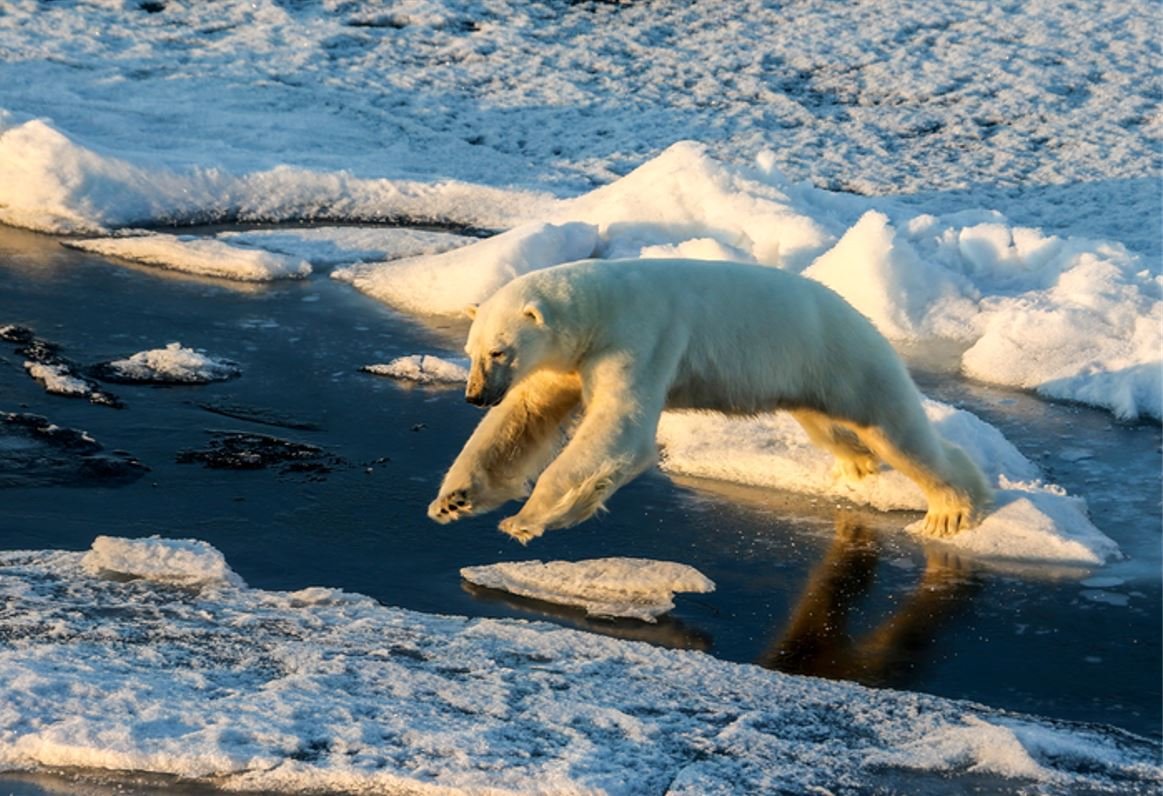
According to a Climate Central analysis, last year's unusually warm Christmas week in the Midwest was at least twice as much due to climate change. Although some blame those snowless Christmases on El Niño (the periodic warming of the surface of the Pacific Ocean that affects the weather), without global warming the area could have received some Christmas snowfall.
According to the WWA, heat waves, which occurred once every 10 years in the pre-industrial era, are now three times more frequent and often 1.2 degrees Celsius warmer than in the past. The unprecedented heat wave that hit the roads of the Pacific Northwest and Western Canada in the summer of 2021 would have been virtually impossible without the contribution of climate change.
Extreme weather events have devastating consequences for people and the environment. Below are some of the most significant impacts:
- Displacement and Home Loss: Floods, storms and wildfires can destroy entire communities, displacing thousands of people and leaving them homeless. According to the International Organization for Migration (IOM), it is estimated that by 2050, there will be between 25 and 1 billion climate displaced people worldwide.
- Agriculture and Food Security: Droughts and extreme rainfall severely affect agricultural production, which can lead to food shortages and increased prices. Food security is a growing concern, especially in the most vulnerable regions of the world.
- Human Health: Heat waves can cause serious health problems, including heat stroke and dehydration, especially among more vulnerable populations such as the elderly and children. Additionally, flooding can spread waterborne diseases and wildfires can deteriorate air quality, causing respiratory problems.
- Ecosystems and Biodiversity: Extreme events also affect ecosystems and biodiversity. Forest fires can destroy habitats and kill thousands of animals. I dried them They can dry out bodies of water, affecting aquatic life and the species that depend on those resources.
The Need for Immediate Action
The international community must act urgently and decisively to mitigate climate change and reduce greenhouse gas emissions.
Here are some key strategies:
- Reduction of Greenhouse Gas Emissions: It is essential to reduce greenhouse gas emissions to stop global warming. This includes switching to renewable energy sources, such as solar and wind, and improving energy efficiency.
- Reforestation and Forest Conservation: Forests act as carbon sinks, absorbing CO2 from the atmosphere. Protecting and restoring forests is a crucial measure to combat climate change.
- Energy efficiency: Implementing energy efficiency measures in buildings, industries and transportation is crucial to reducing our energy consumption and, therefore, our greenhouse gas emissions.
- Education and Awareness: Informing and educating the population about climate change and its impacts is essential to generate change at an individual and collective level. Raising awareness can lead to more sustainable practices and broader support for climate policies.
- Adaptation to impacts: Adaptation strategies need to be developed to address the impacts of climate change that we are already experiencing, such as building more resilient infrastructure and implementing early warning systems.
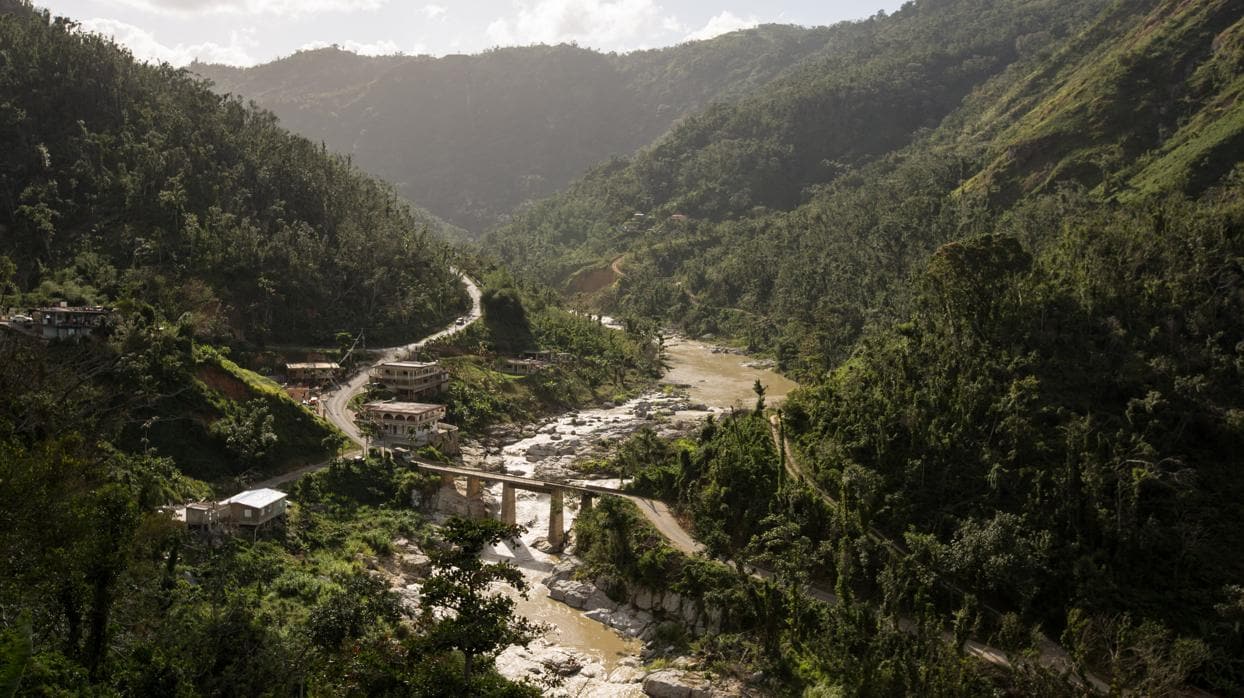
What can you do?
- Reduce your carbon footprint: Reduce your energy consumption, use sustainable means of transportation, avoid food waste and choose products of local and sustainable origin.
- Get informed and spread knowledge: Learn about climate change and share the information with your family, friends and community.
- Support organizations working for climate: Join organizations fighting climate change and participate in their activities.
- Demand action from your leaders: Contact your political representatives and demand that they take urgent action to combat climate change.
By taking urgent and ambitious action to reduce greenhouse gas emissions and adapt to the impacts of climate change, we can mitigate the most severe effects and build a more resilient and sustainable future for generations to come.
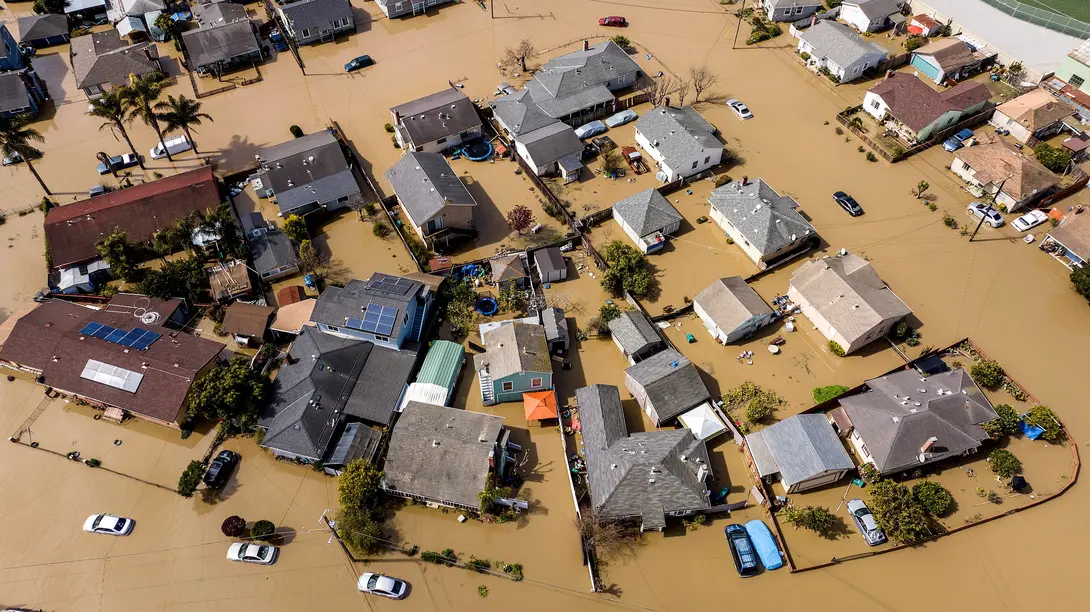
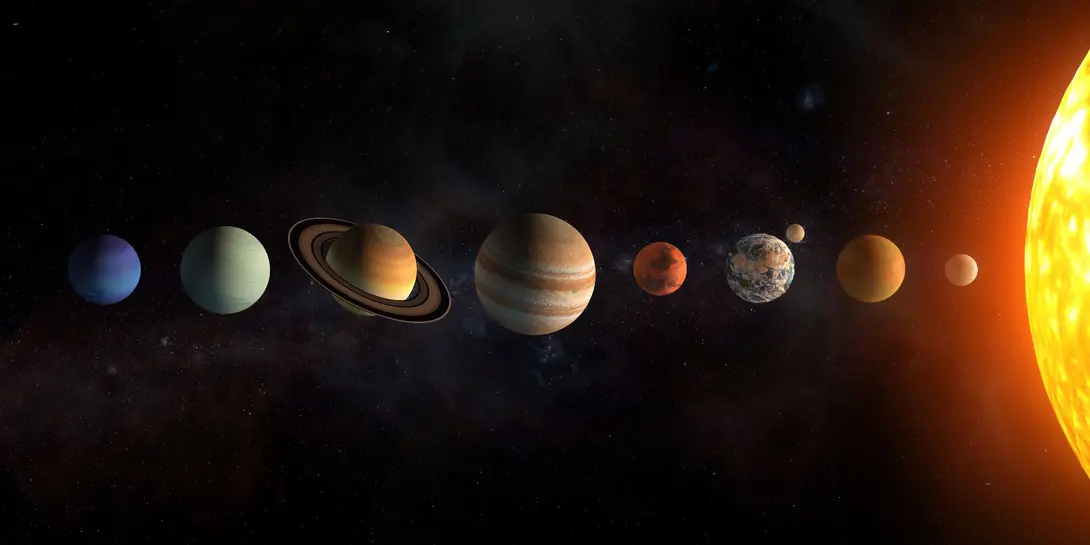
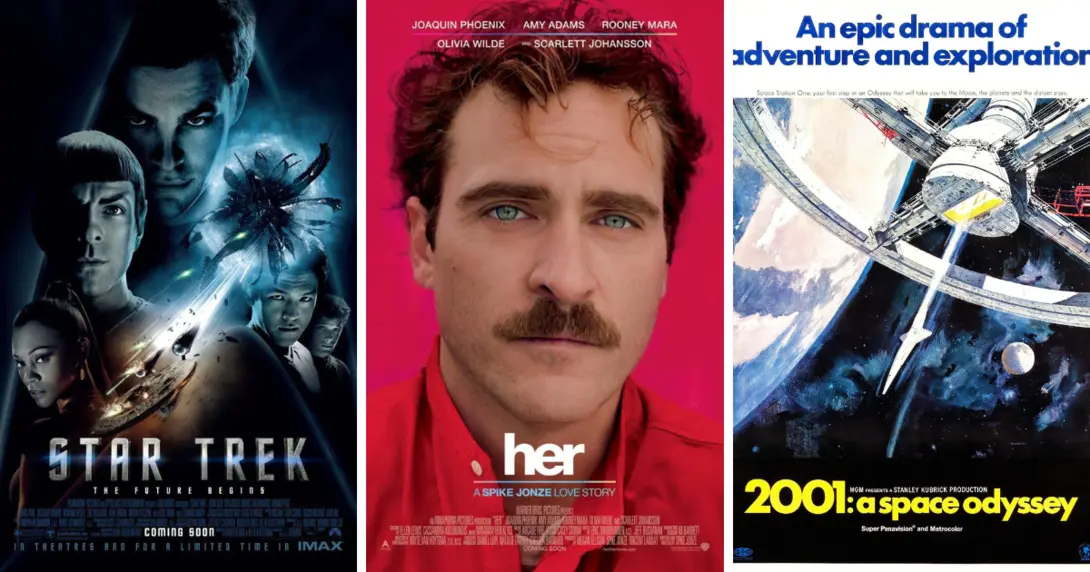
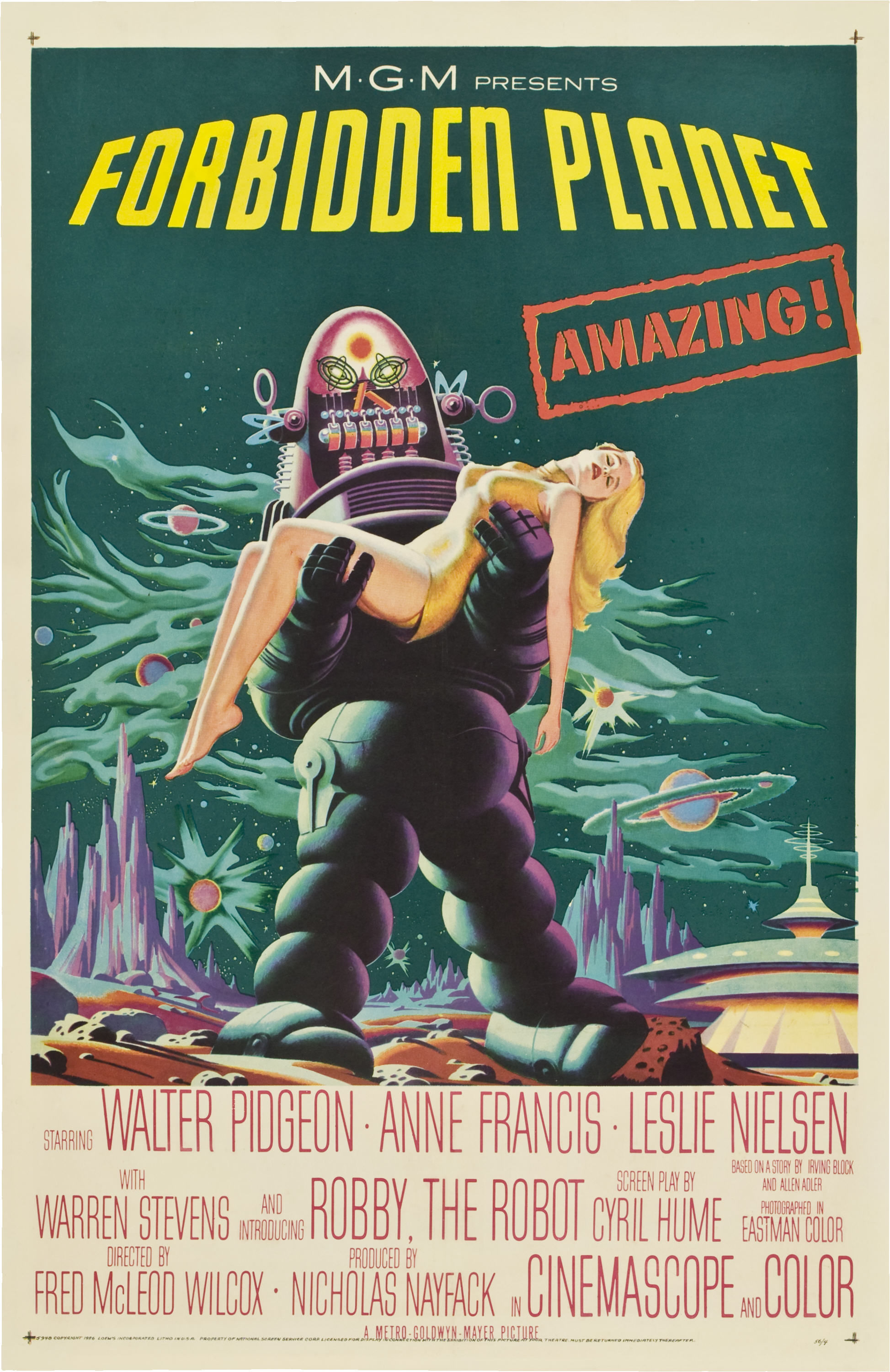
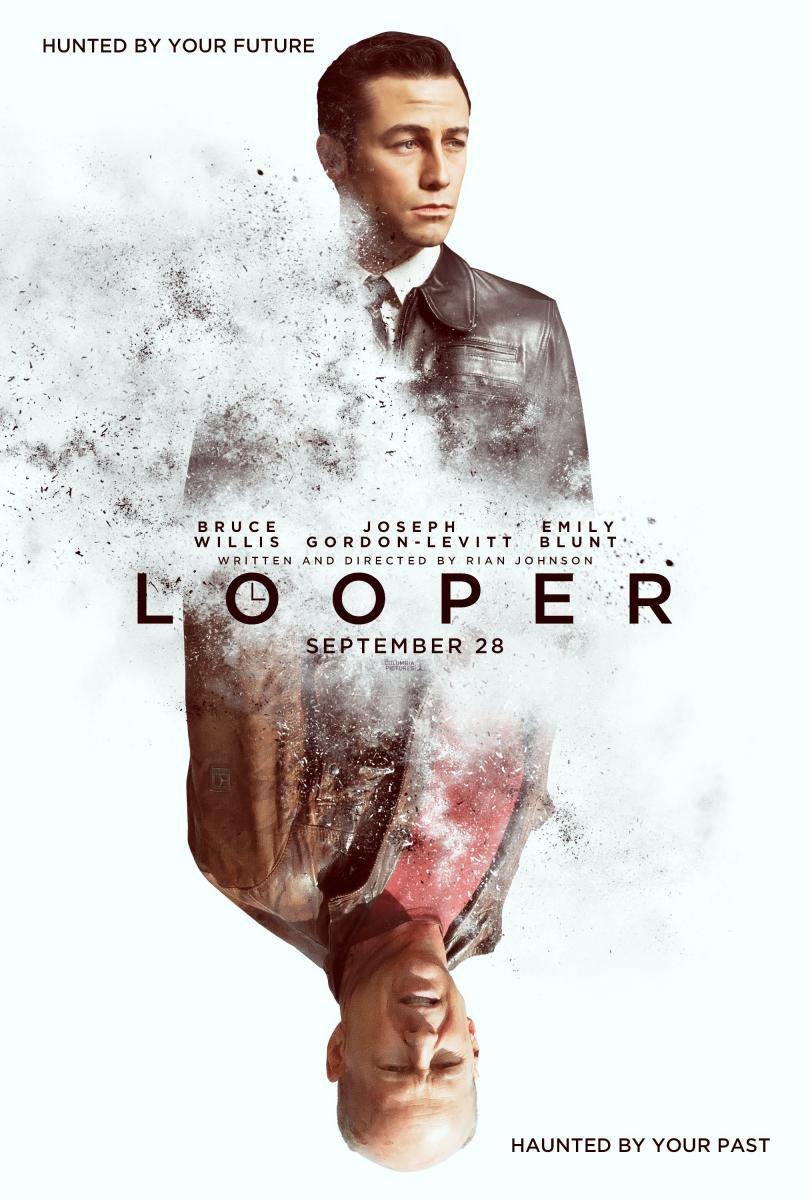

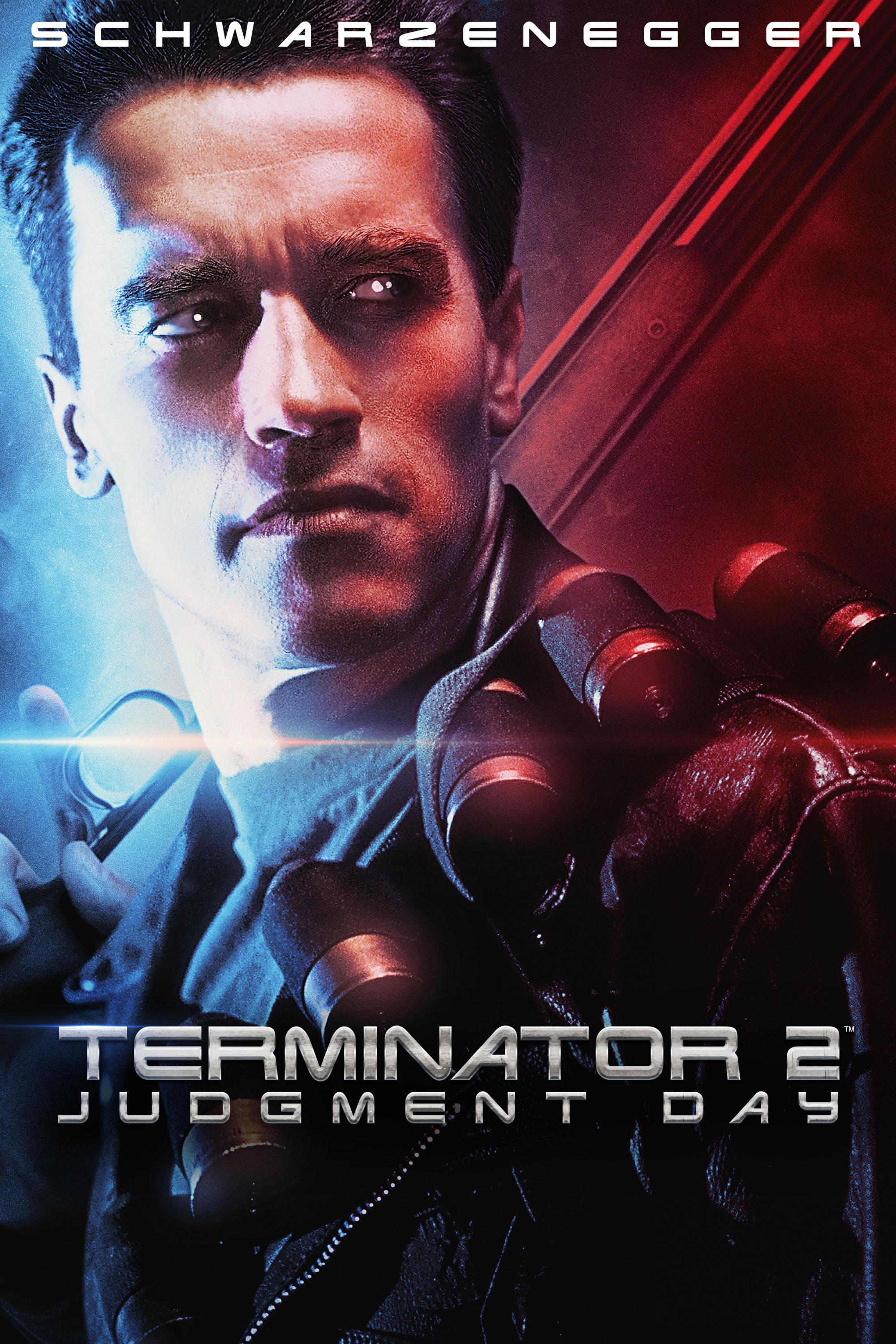

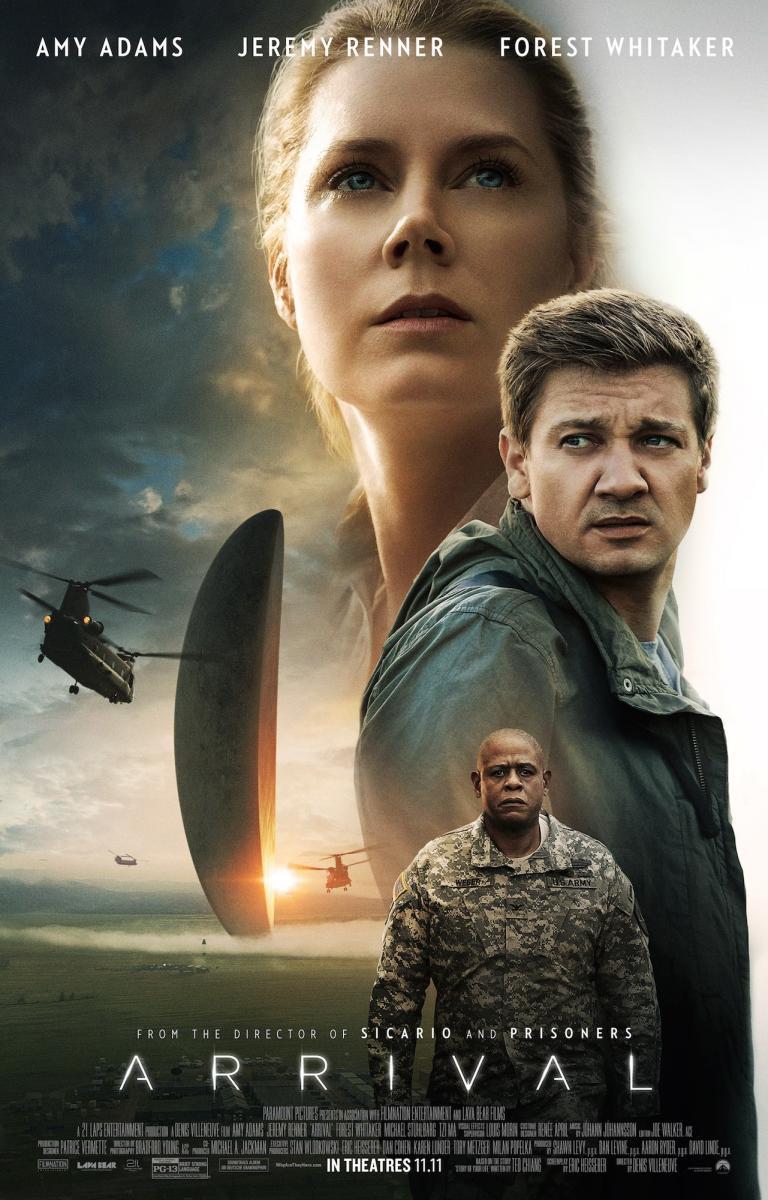
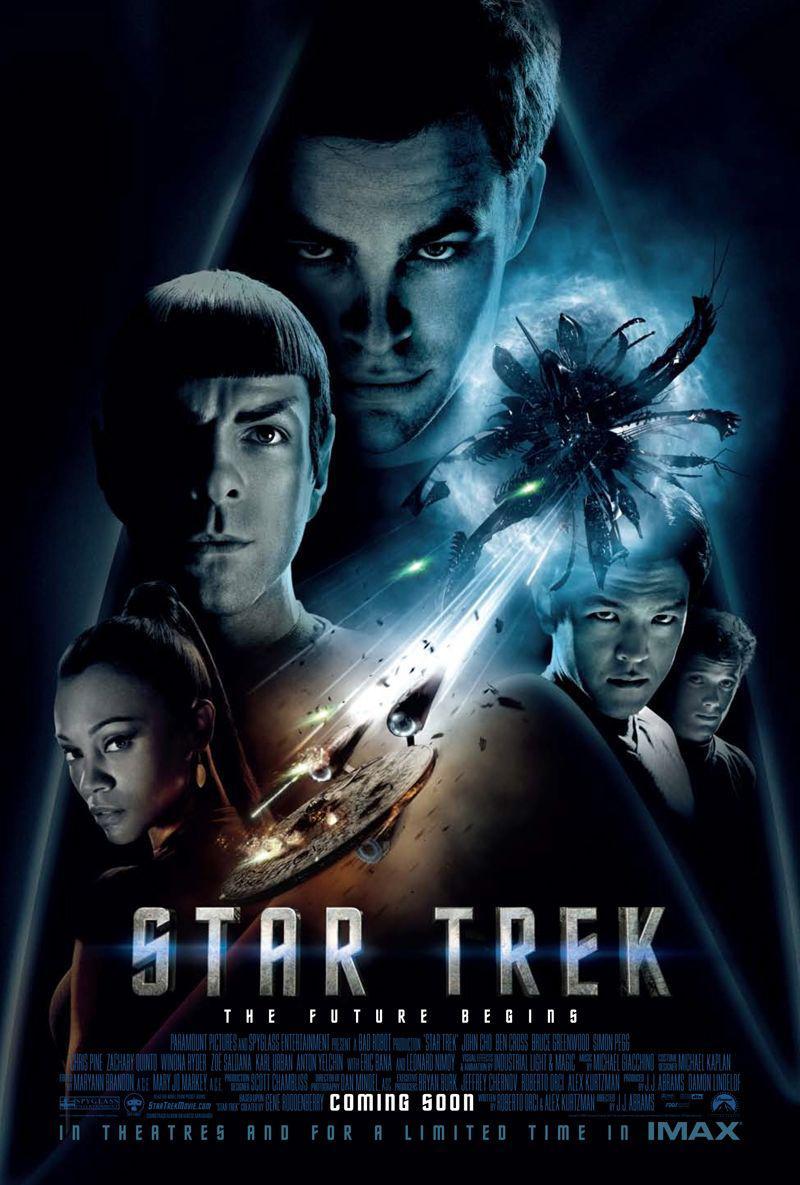

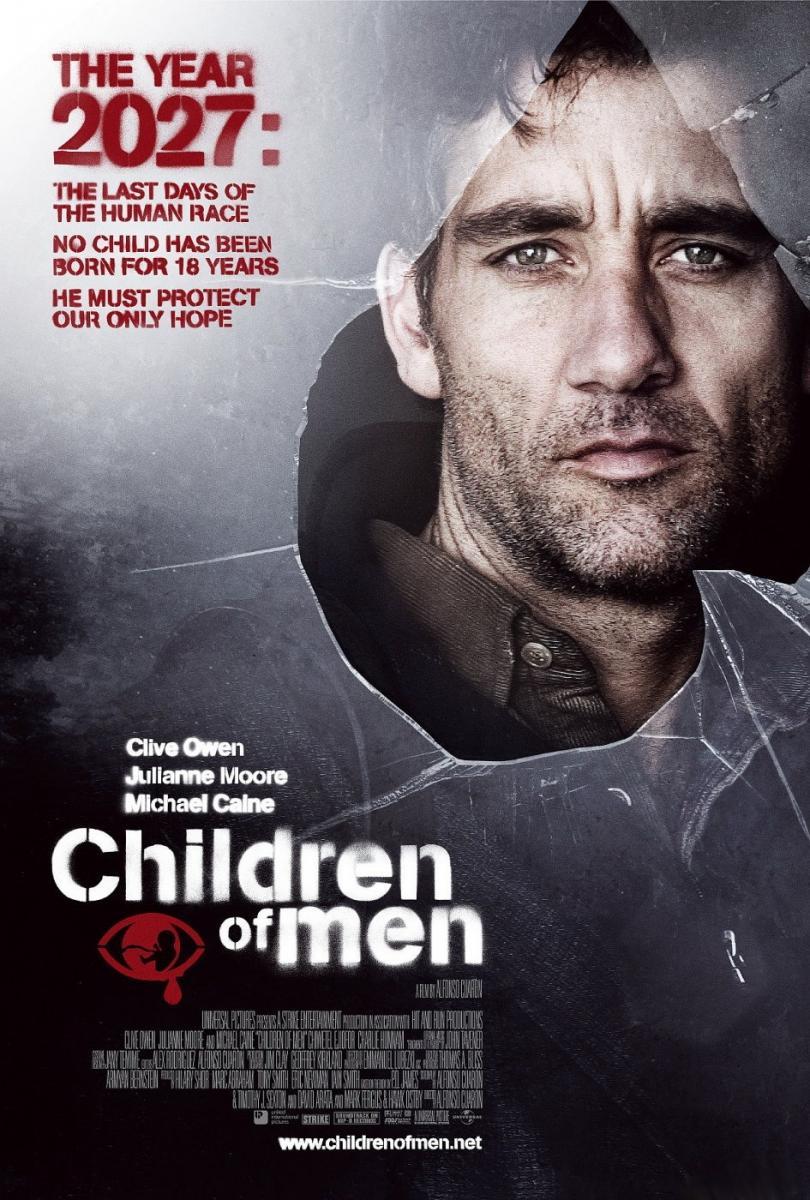
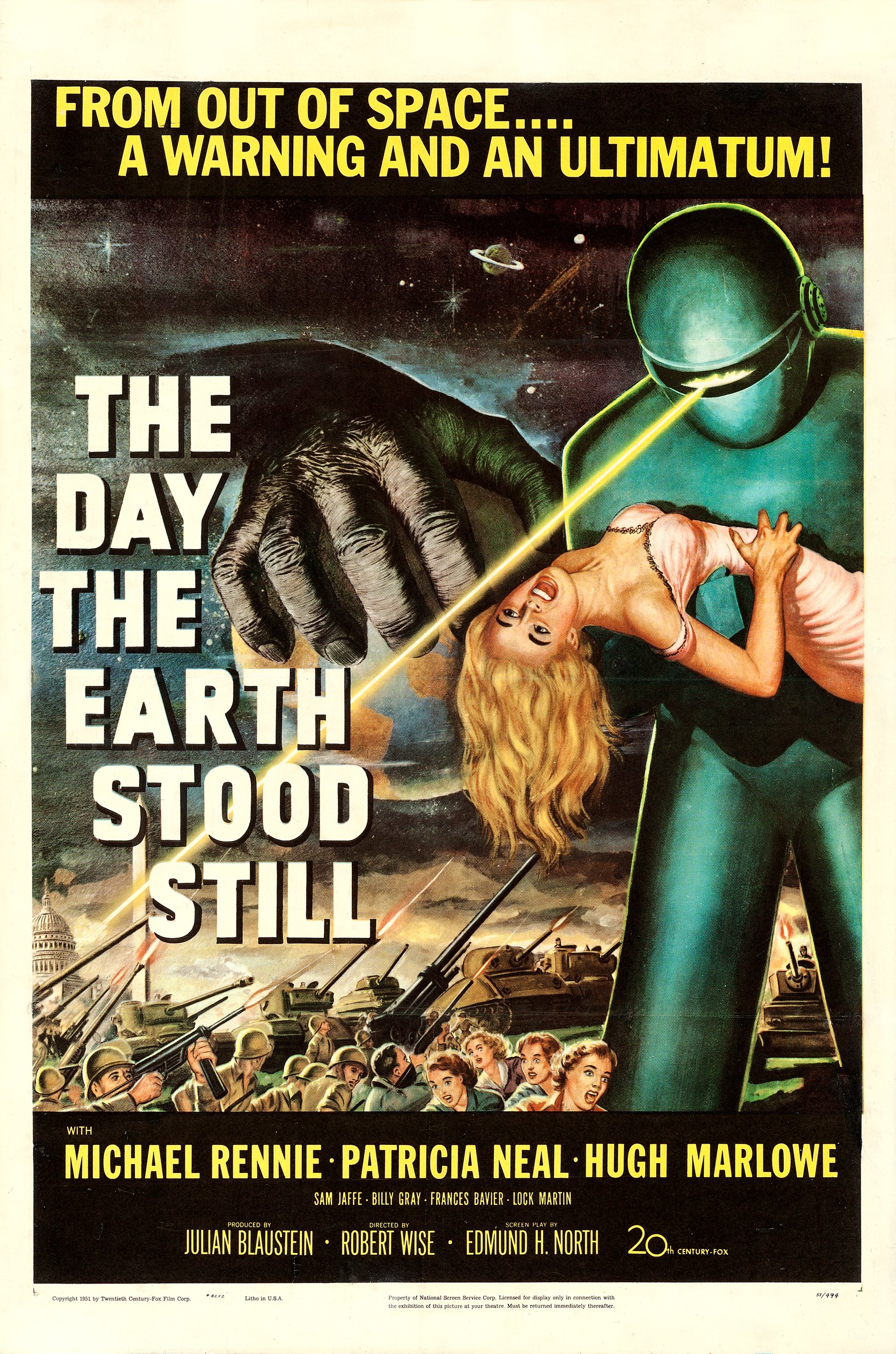
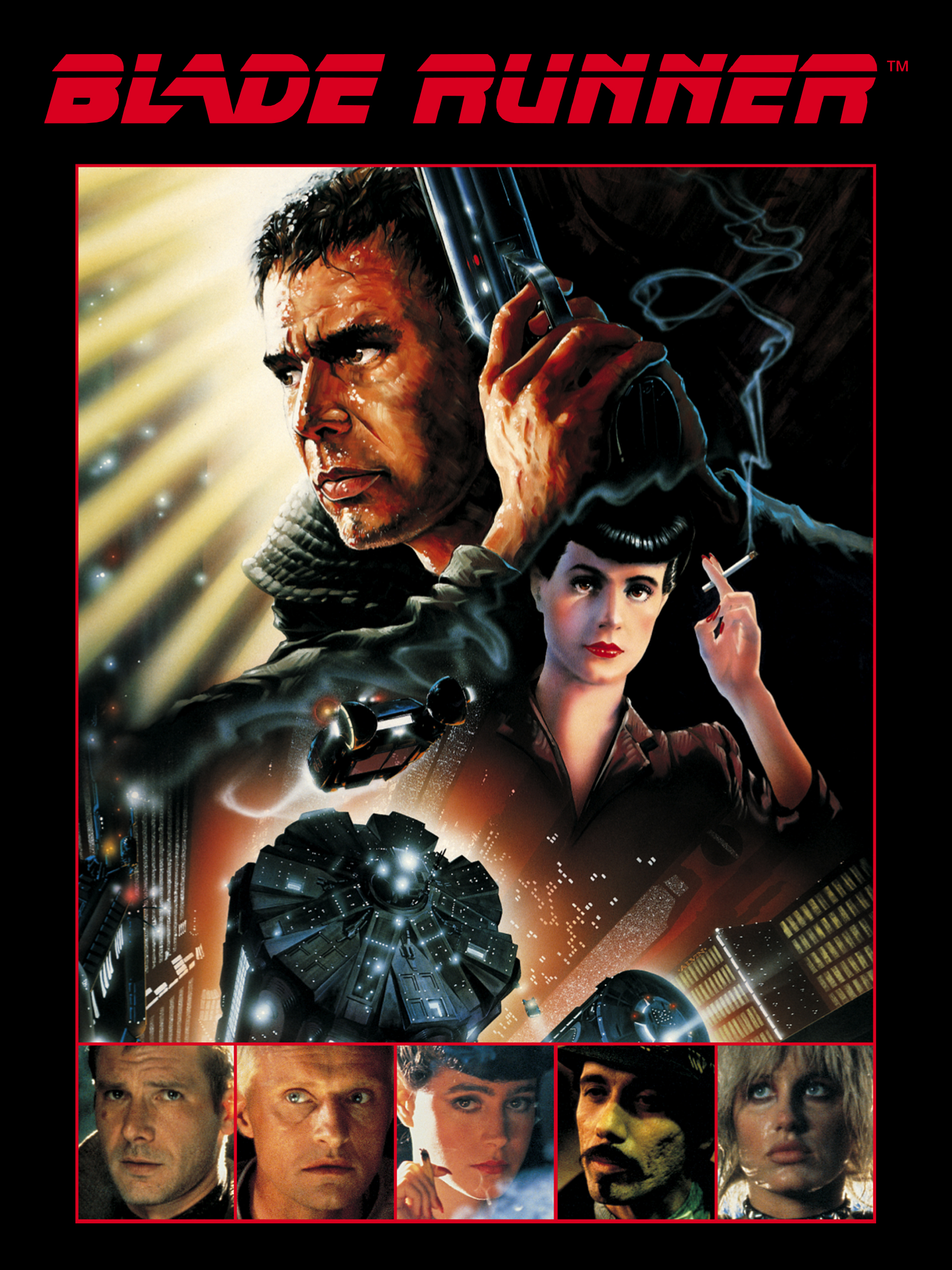
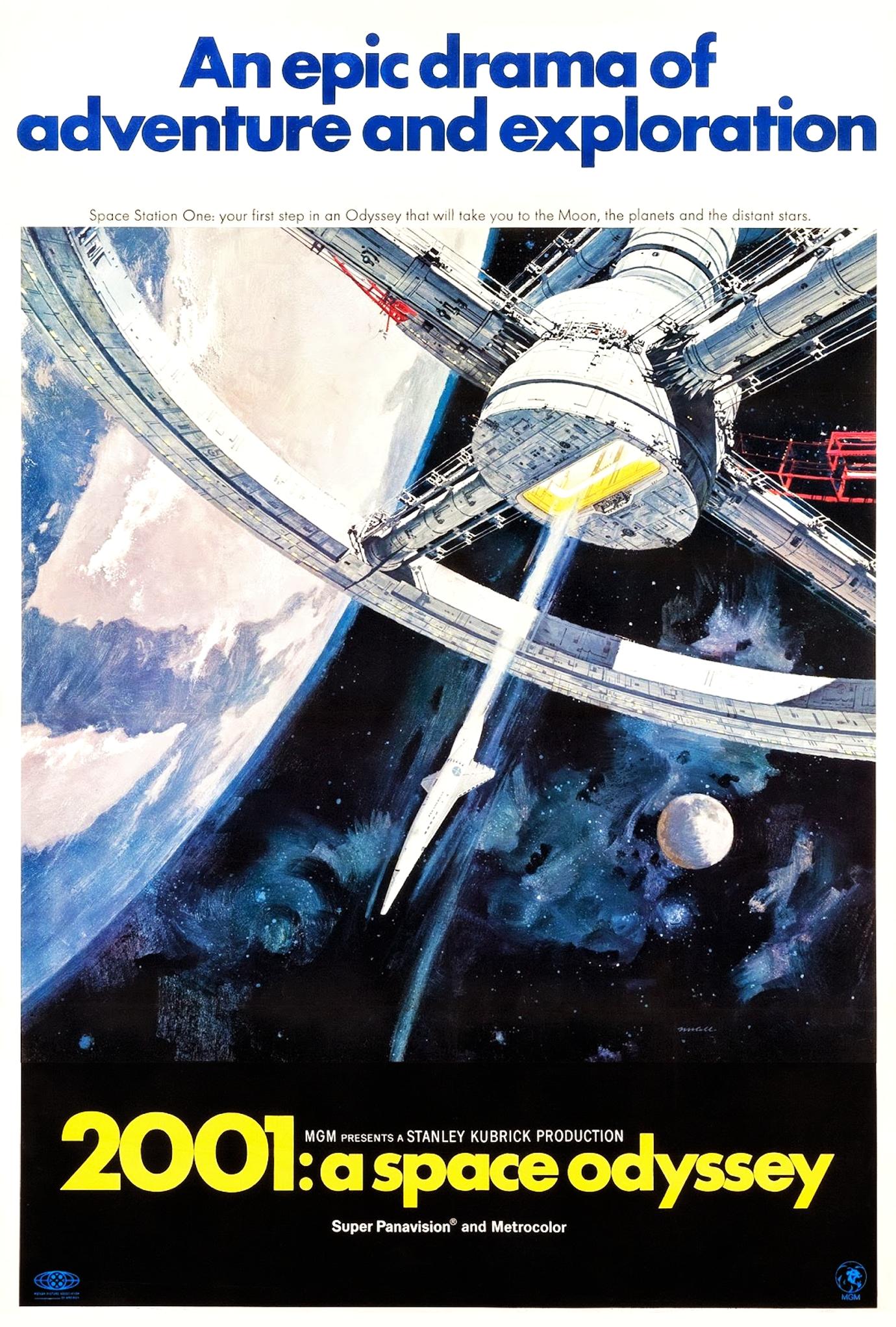
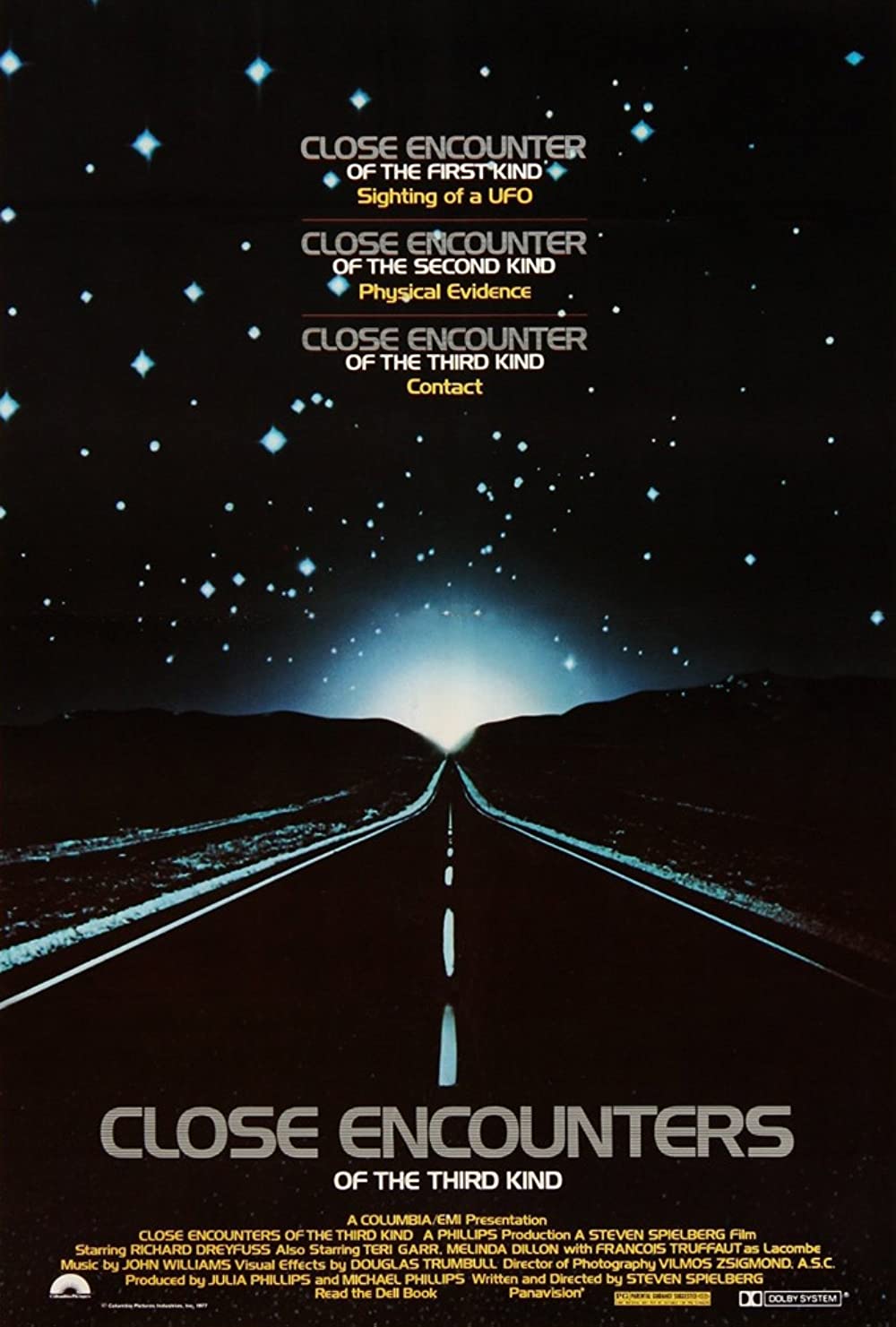
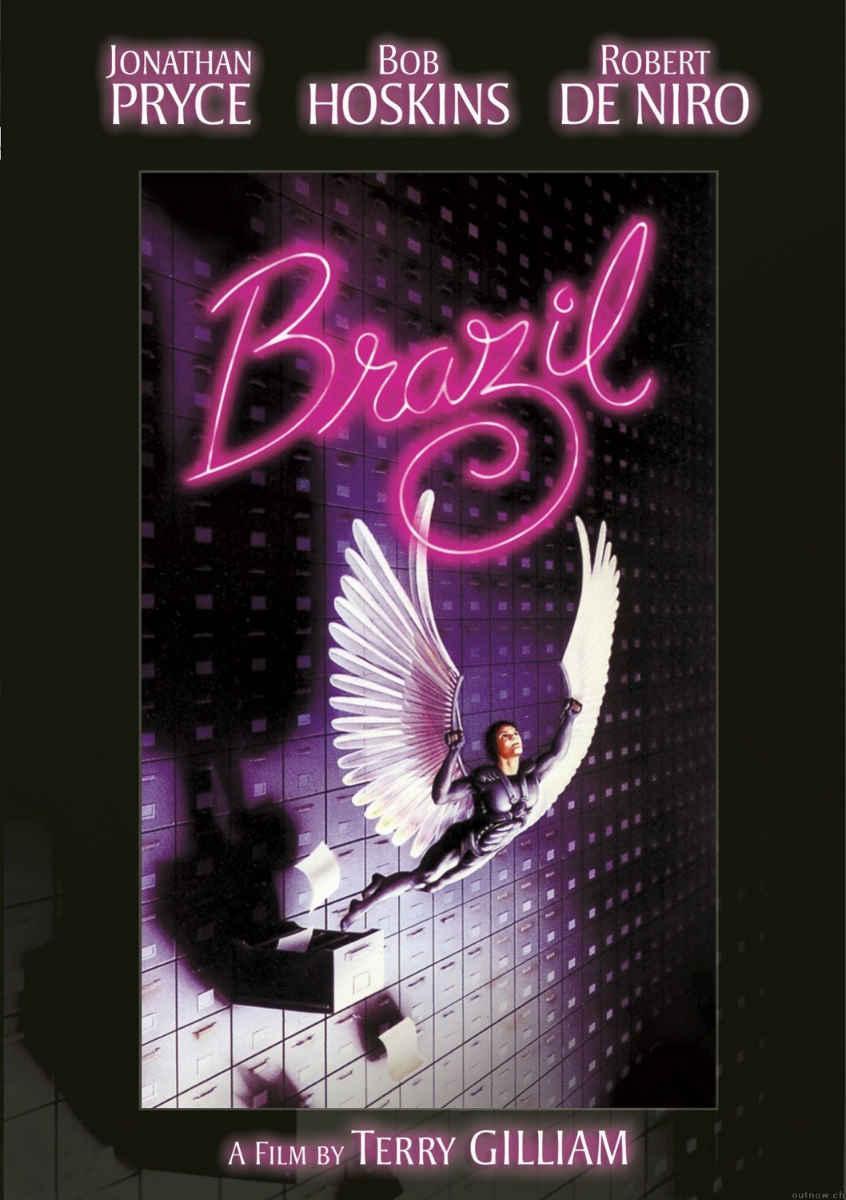
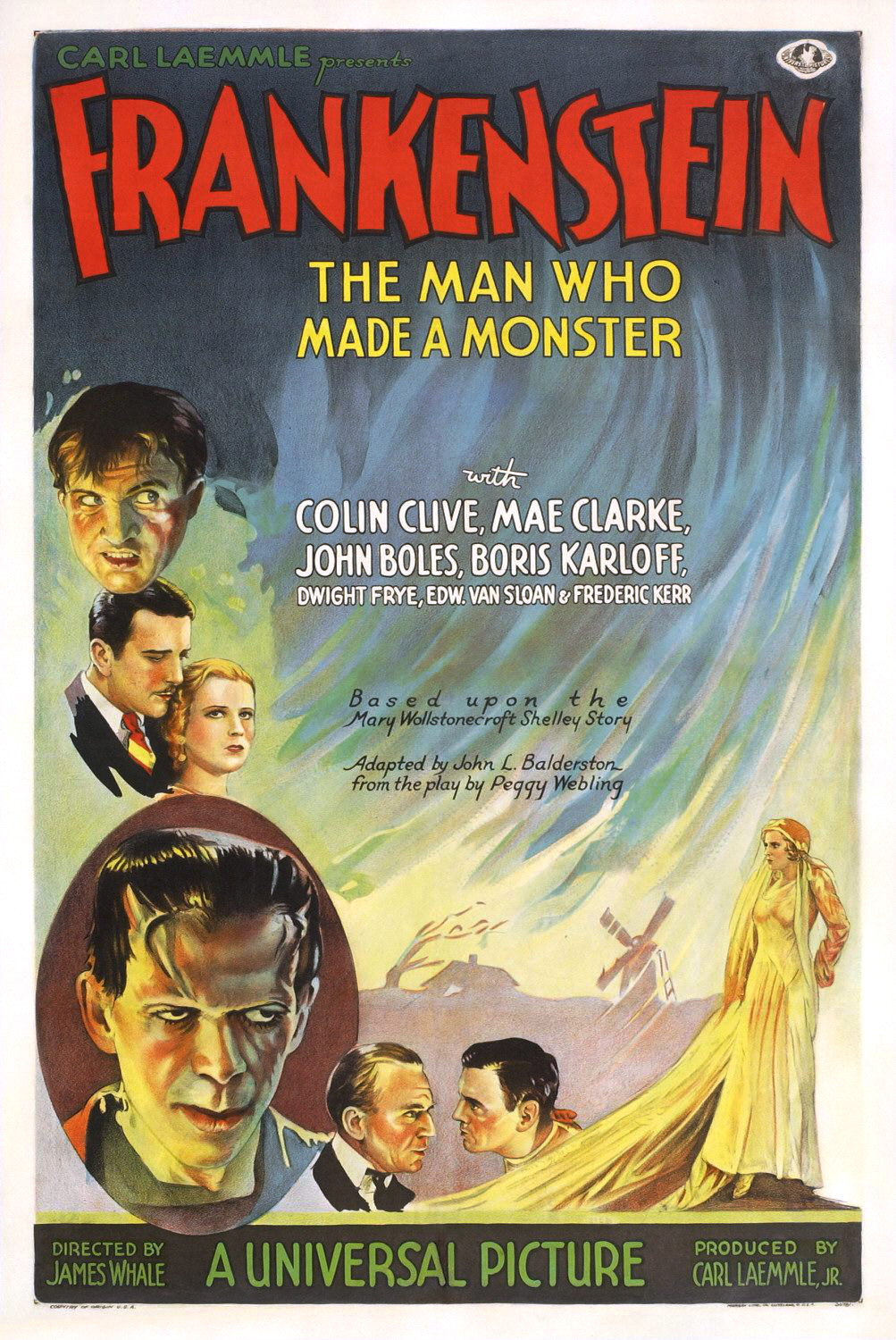
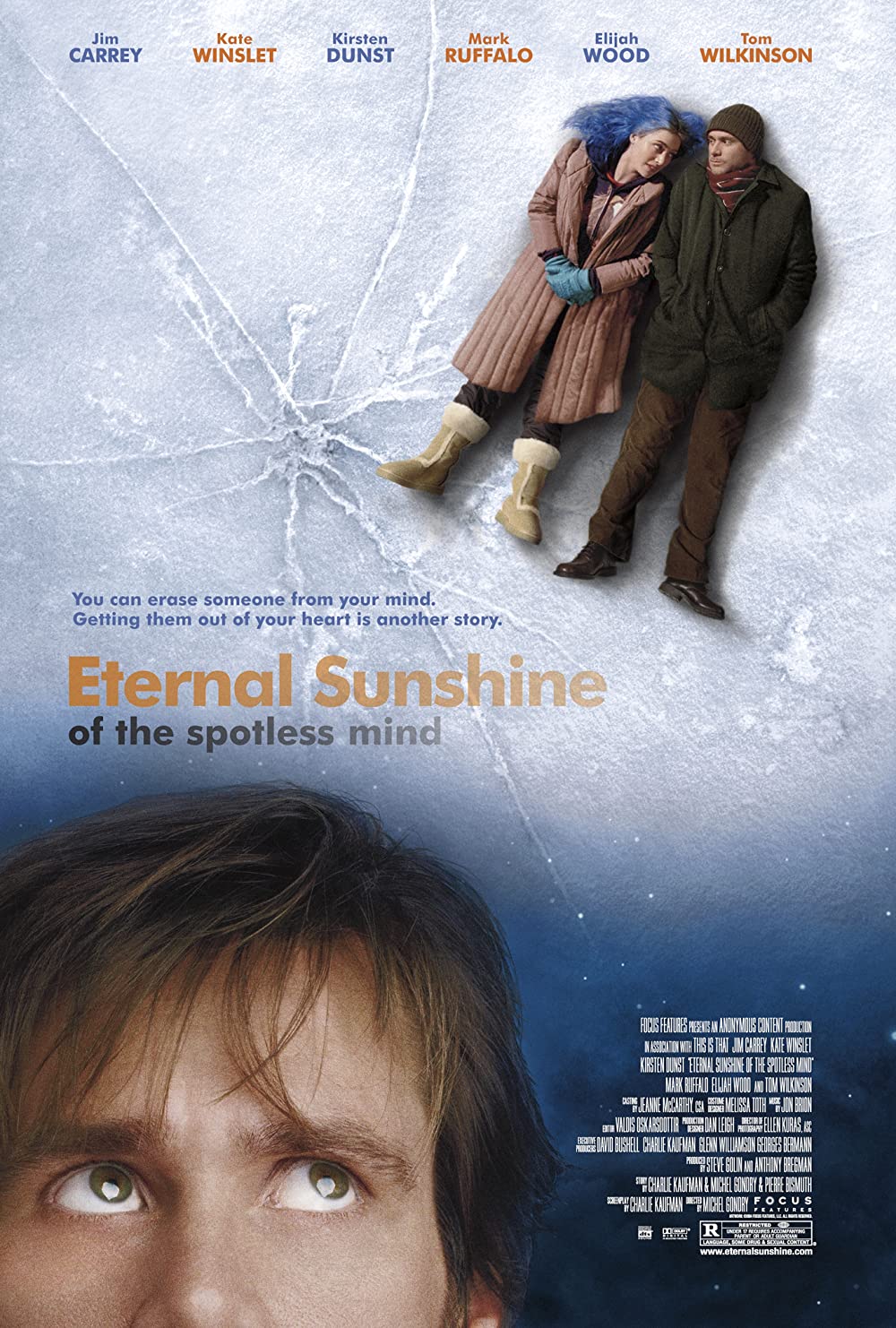
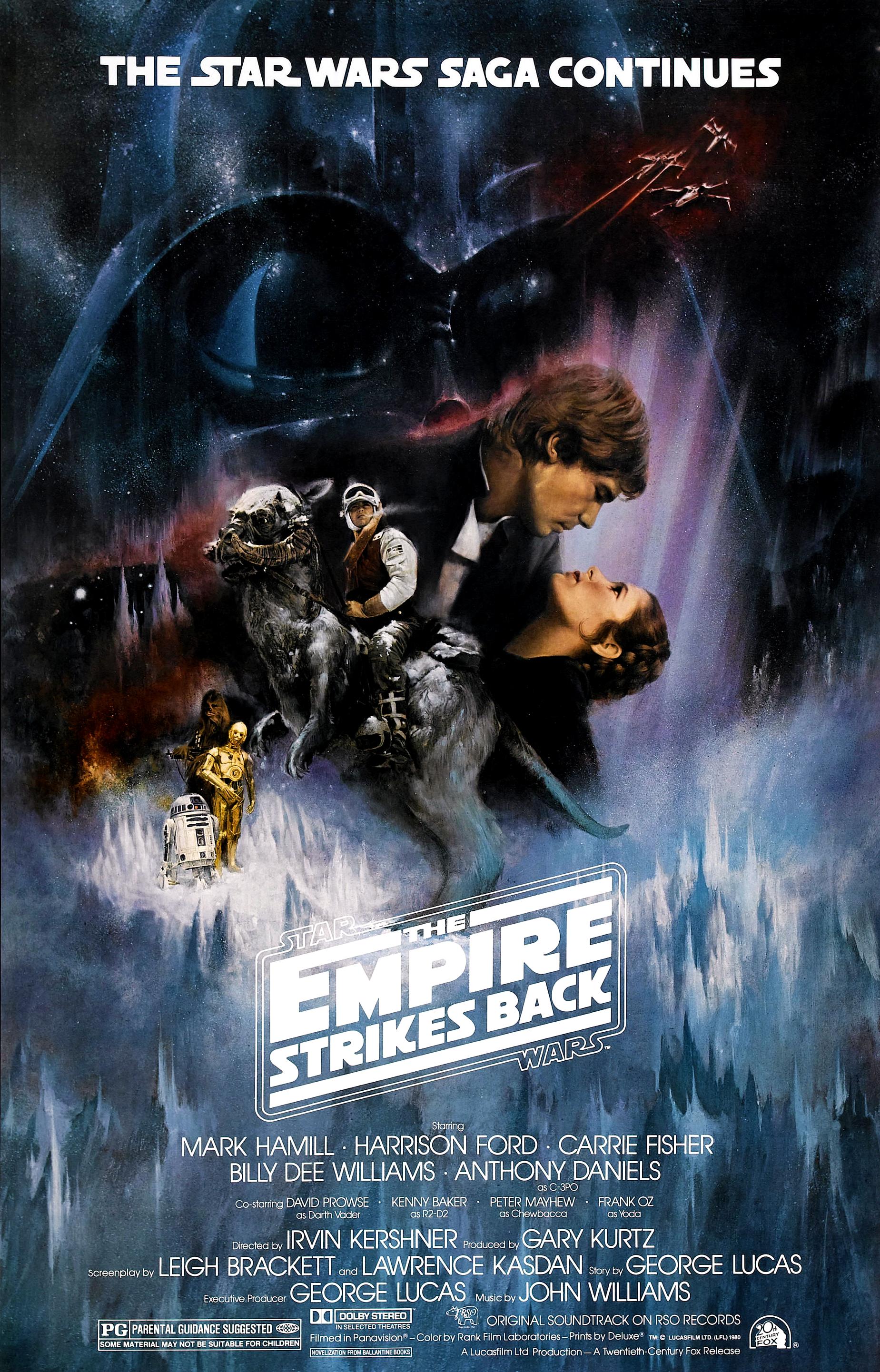

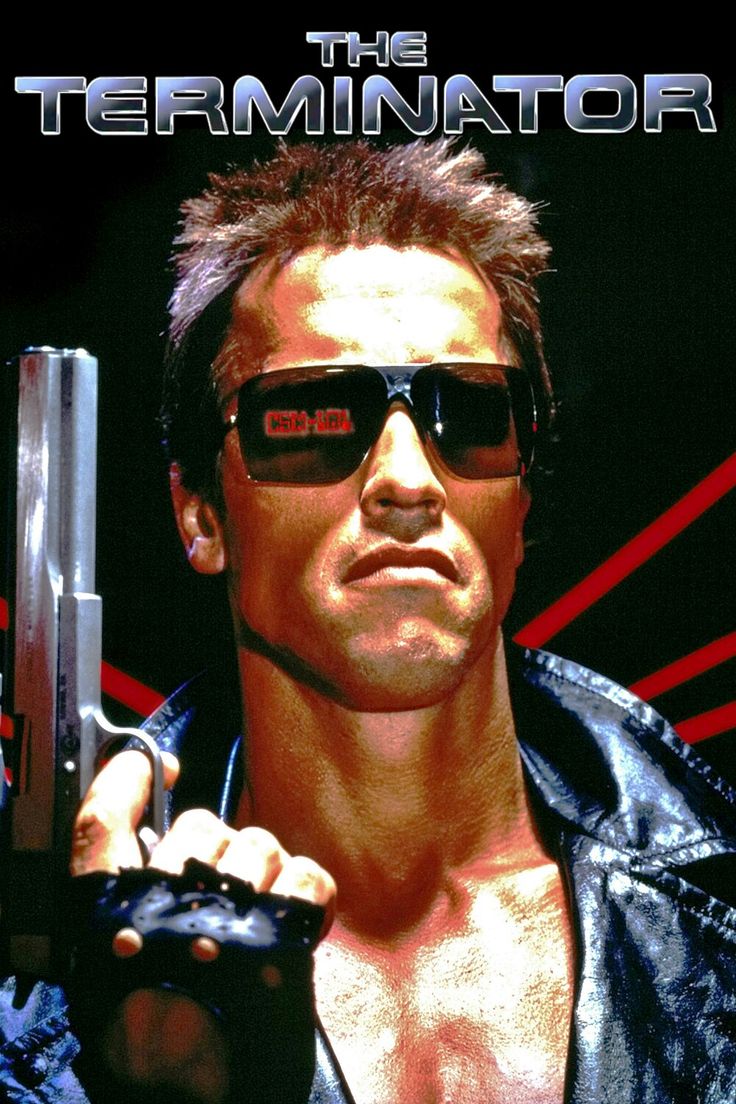
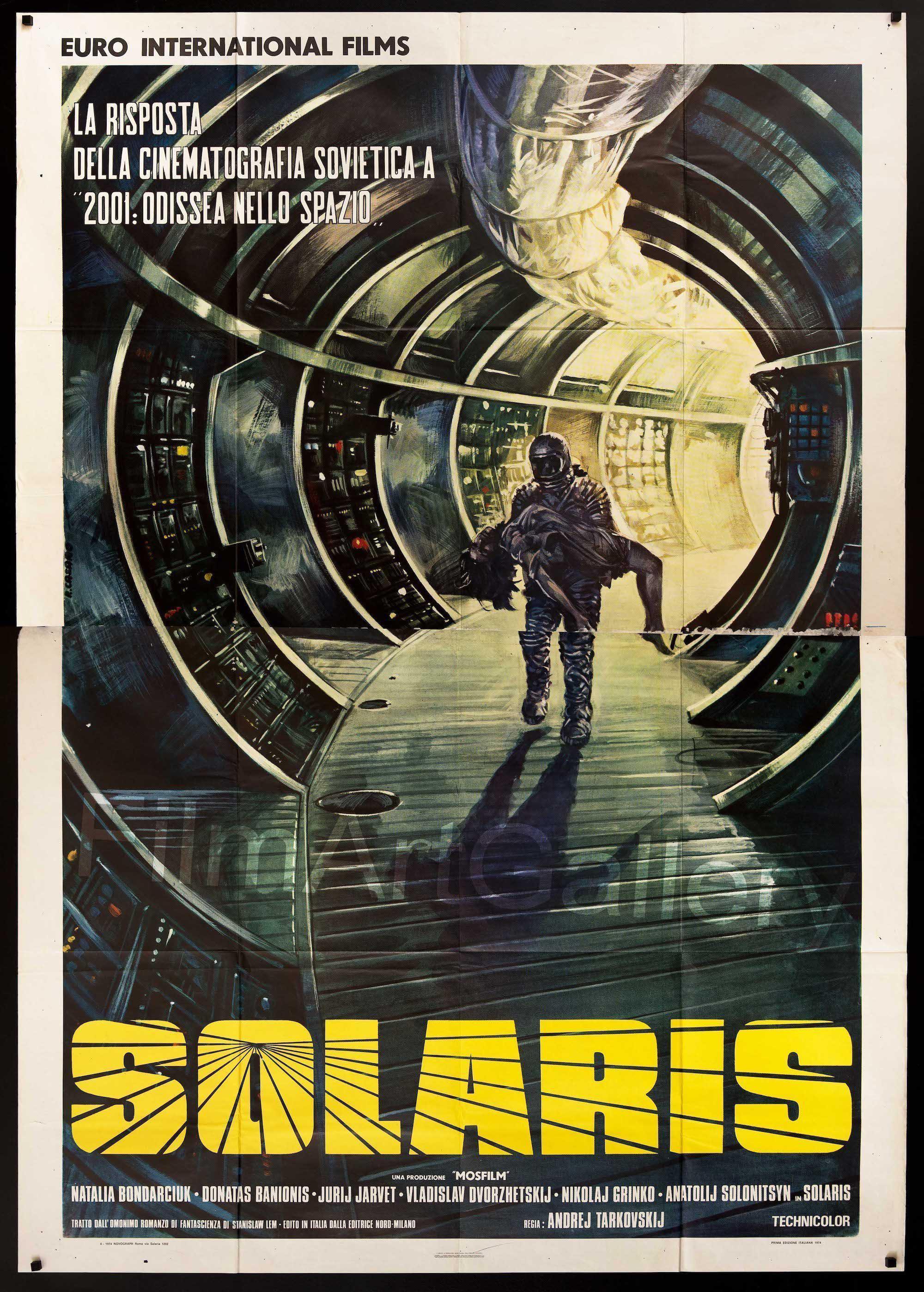

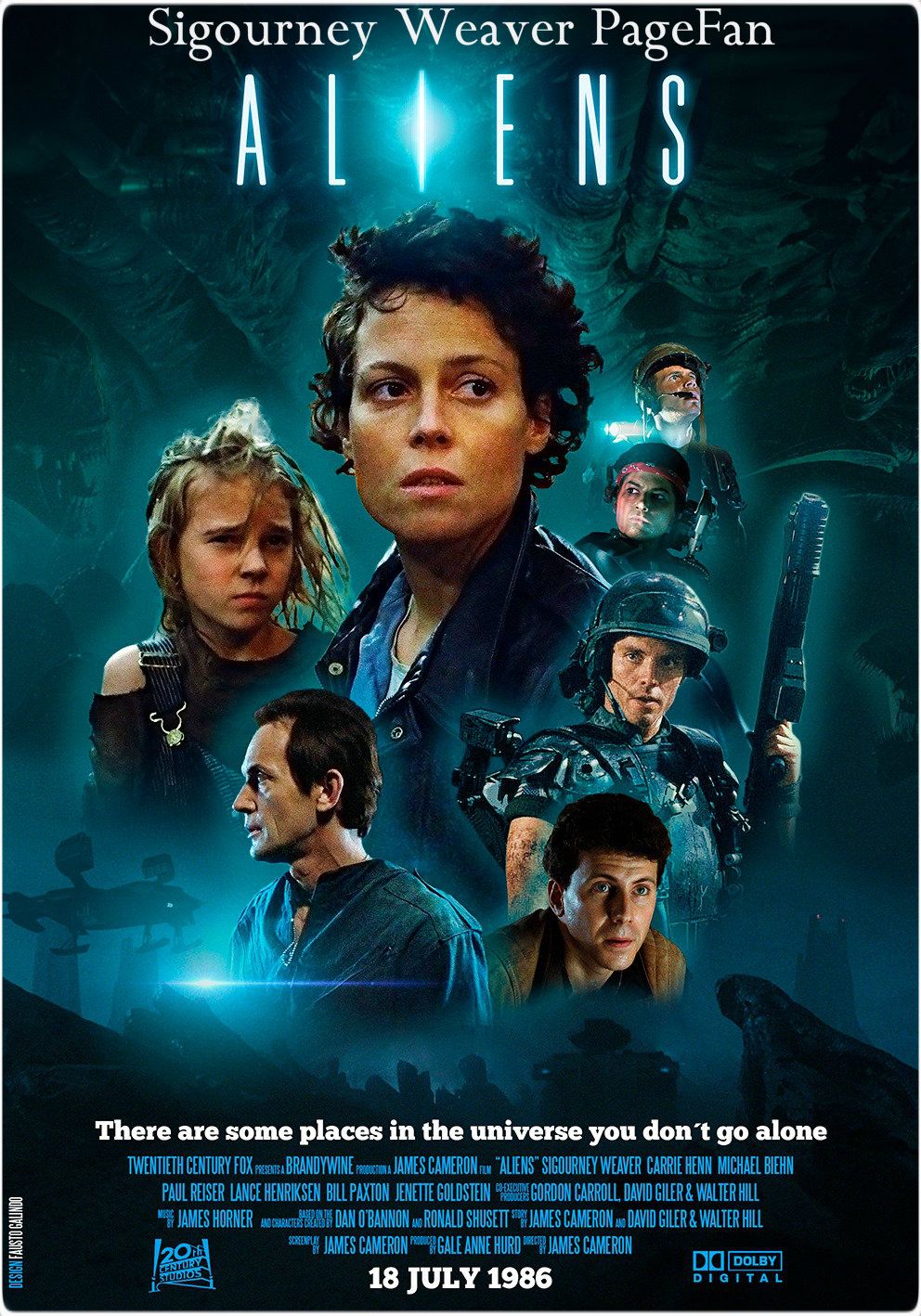
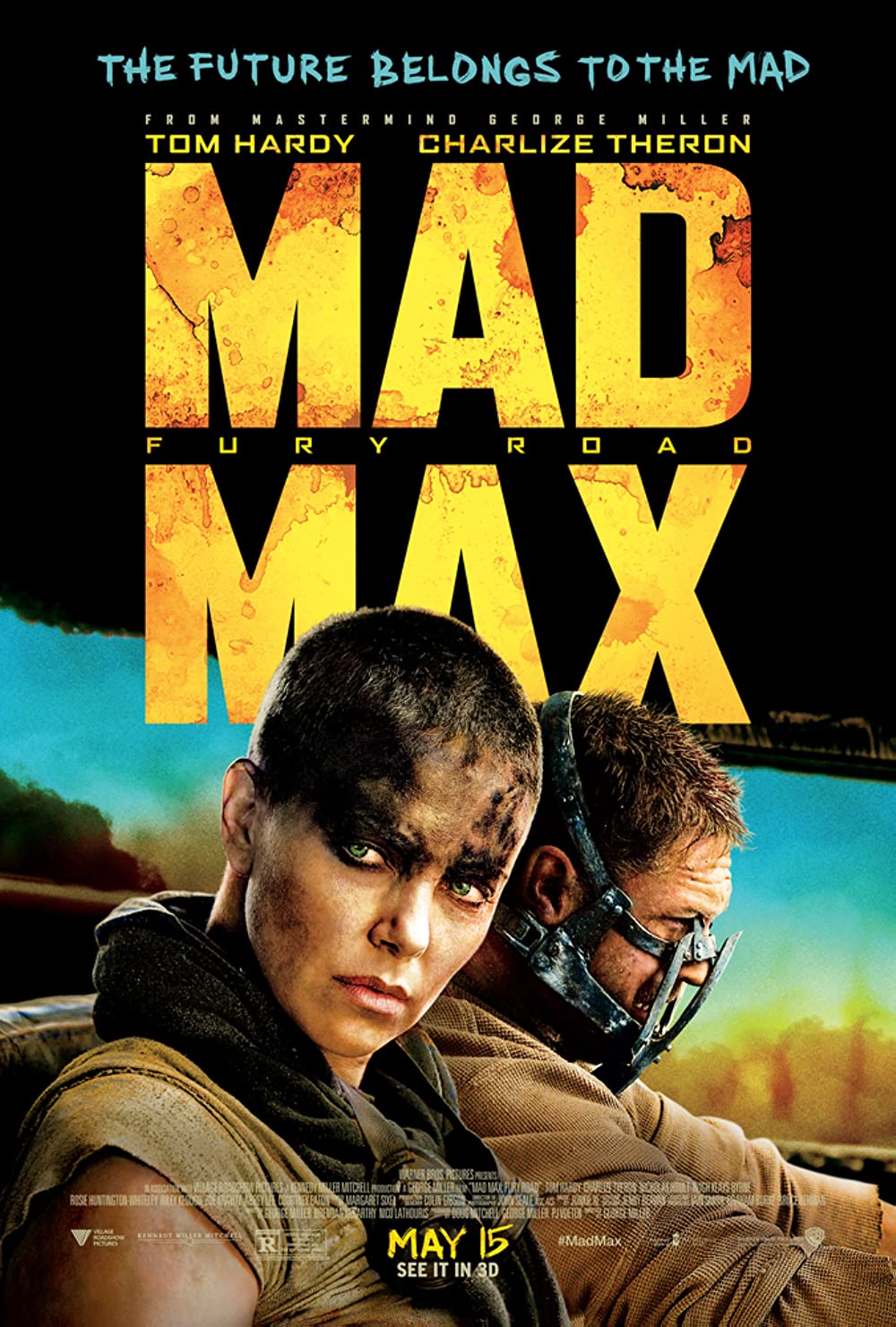
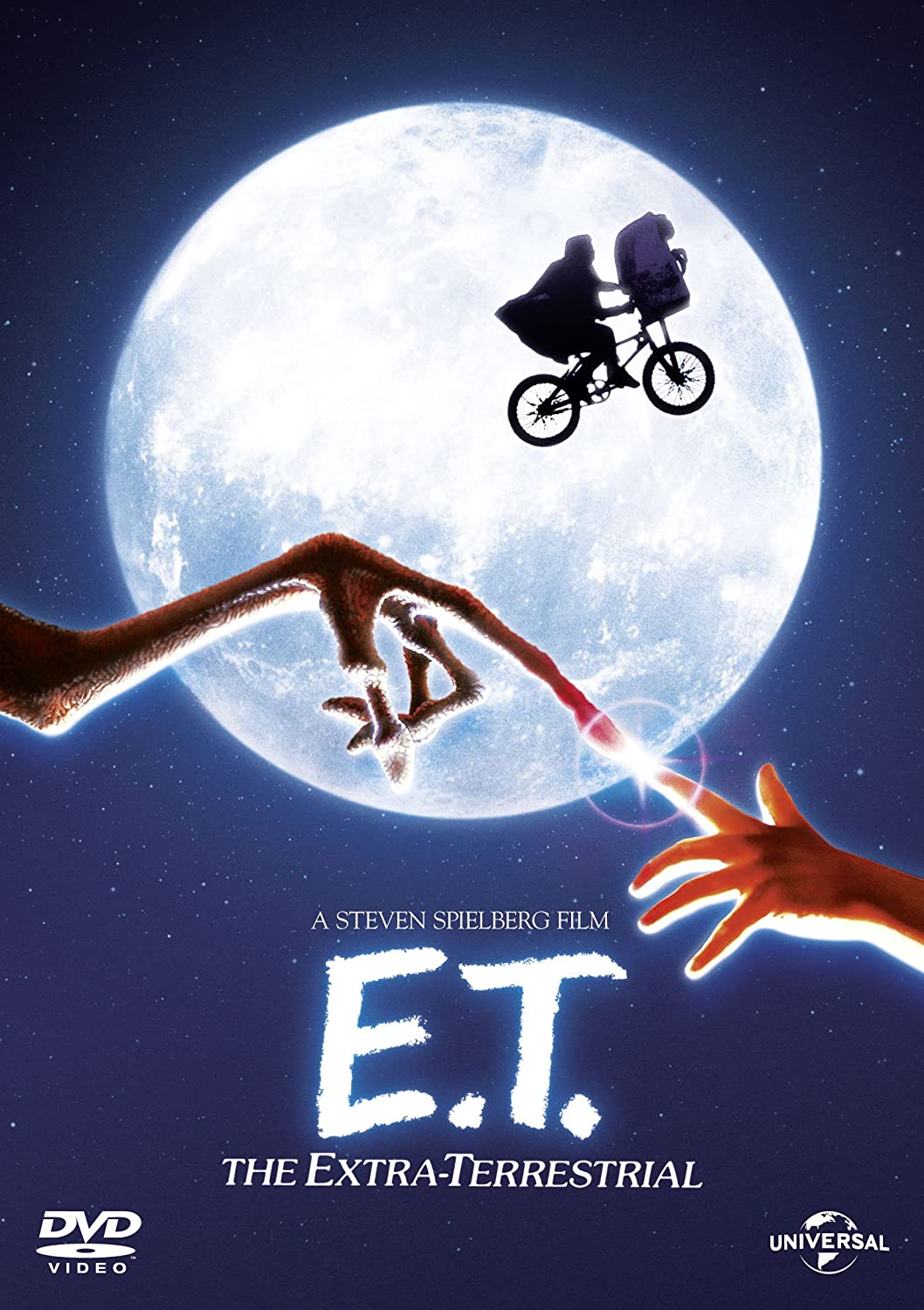
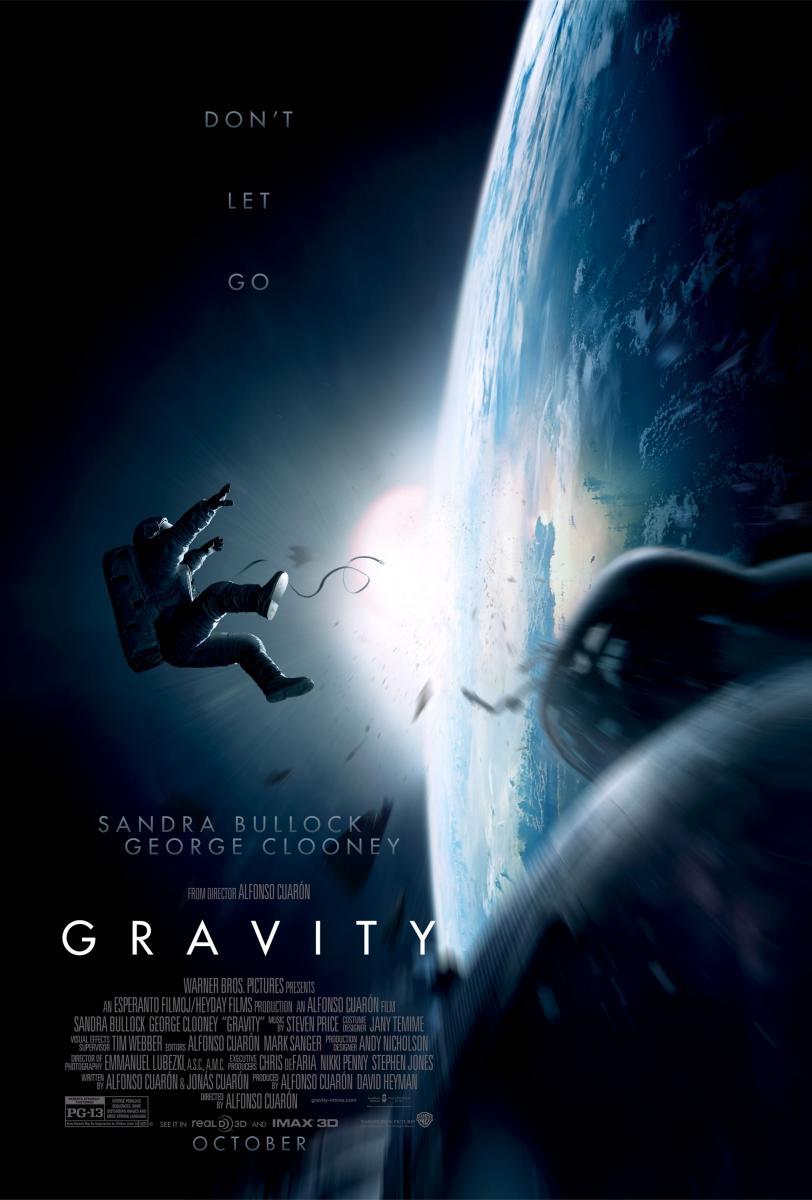
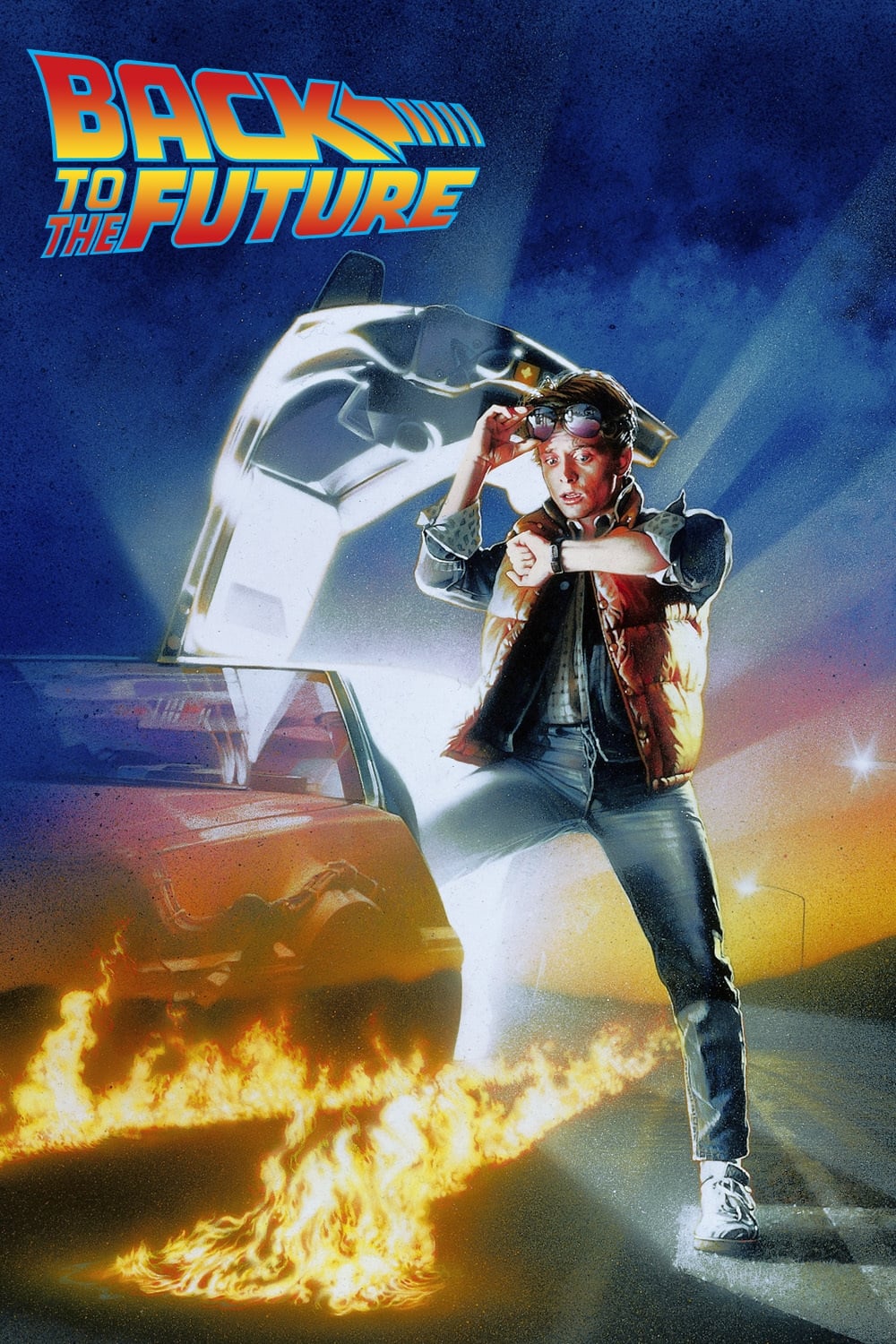
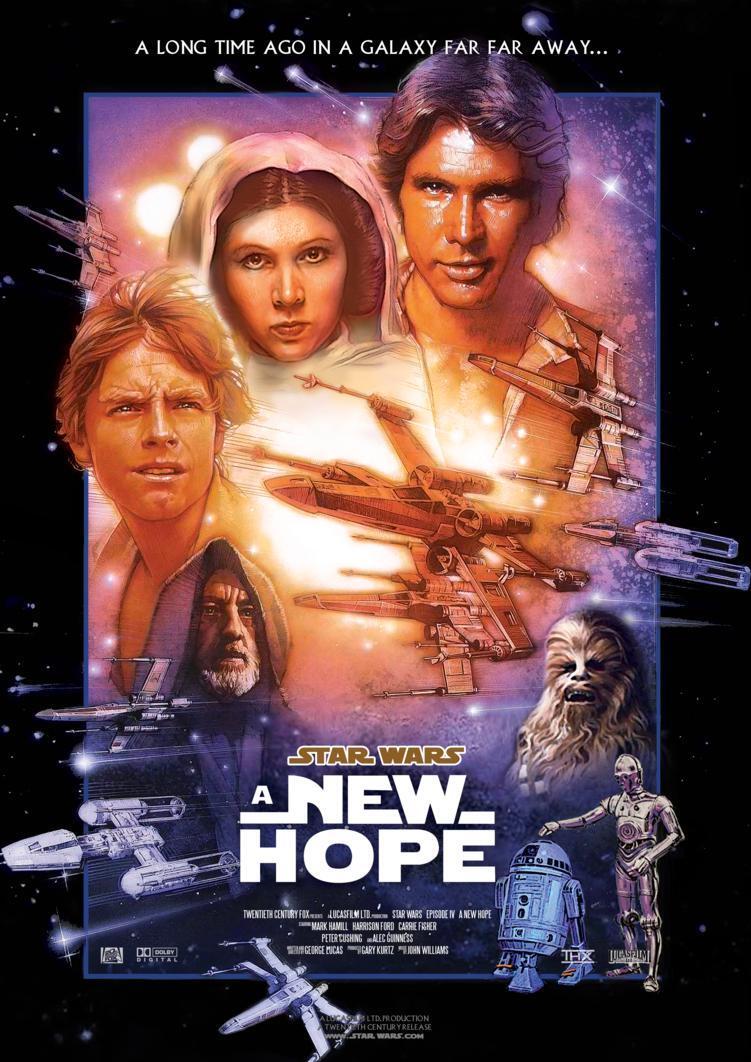
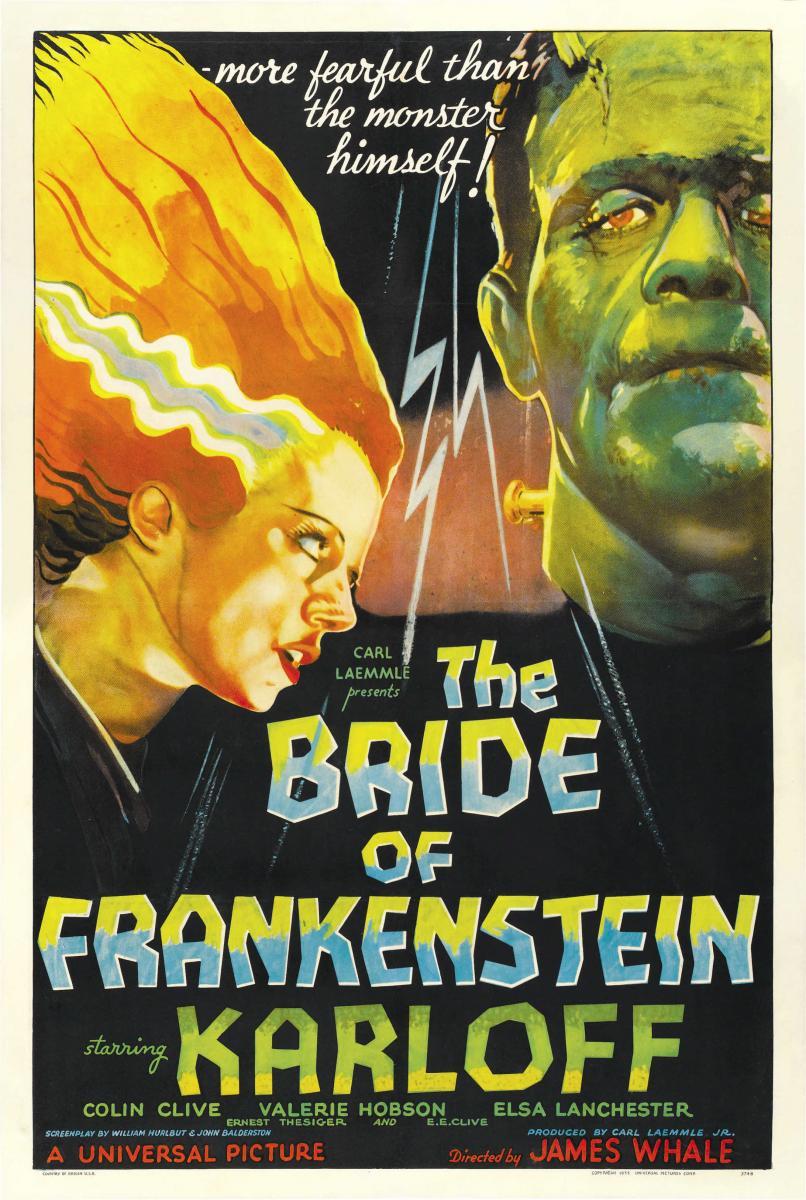
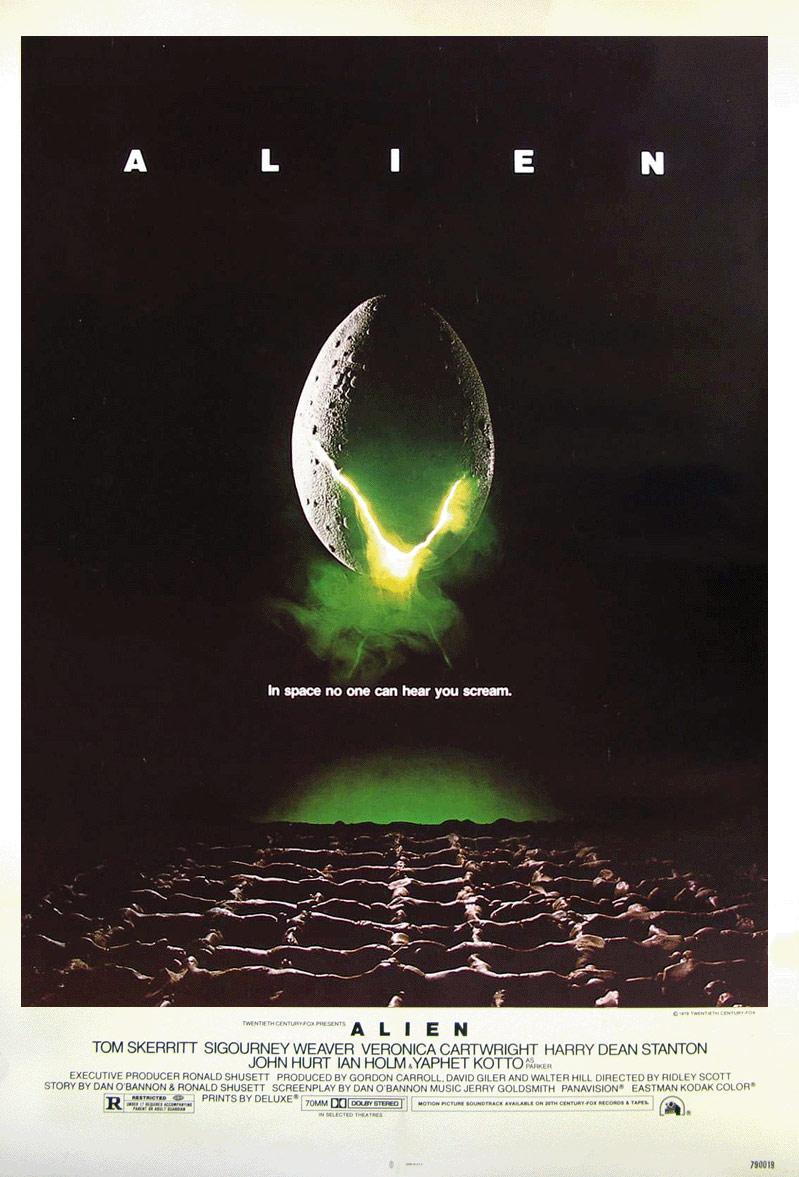
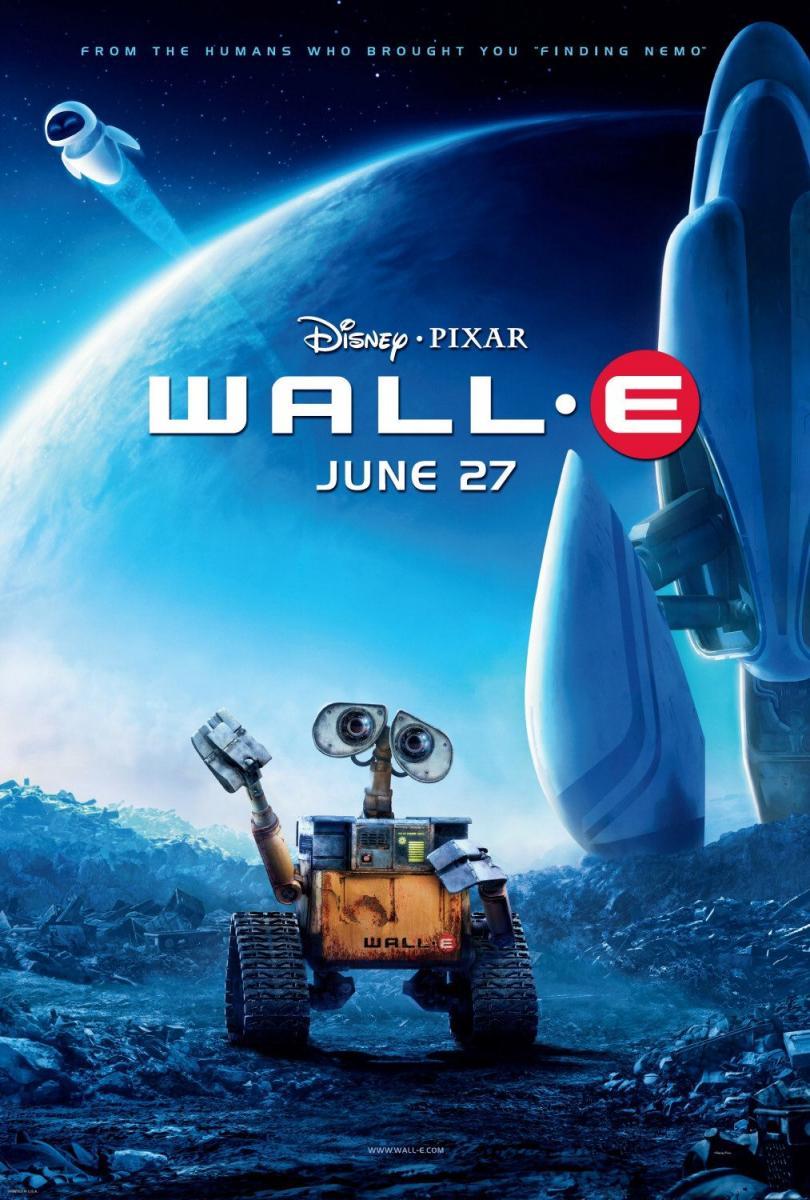
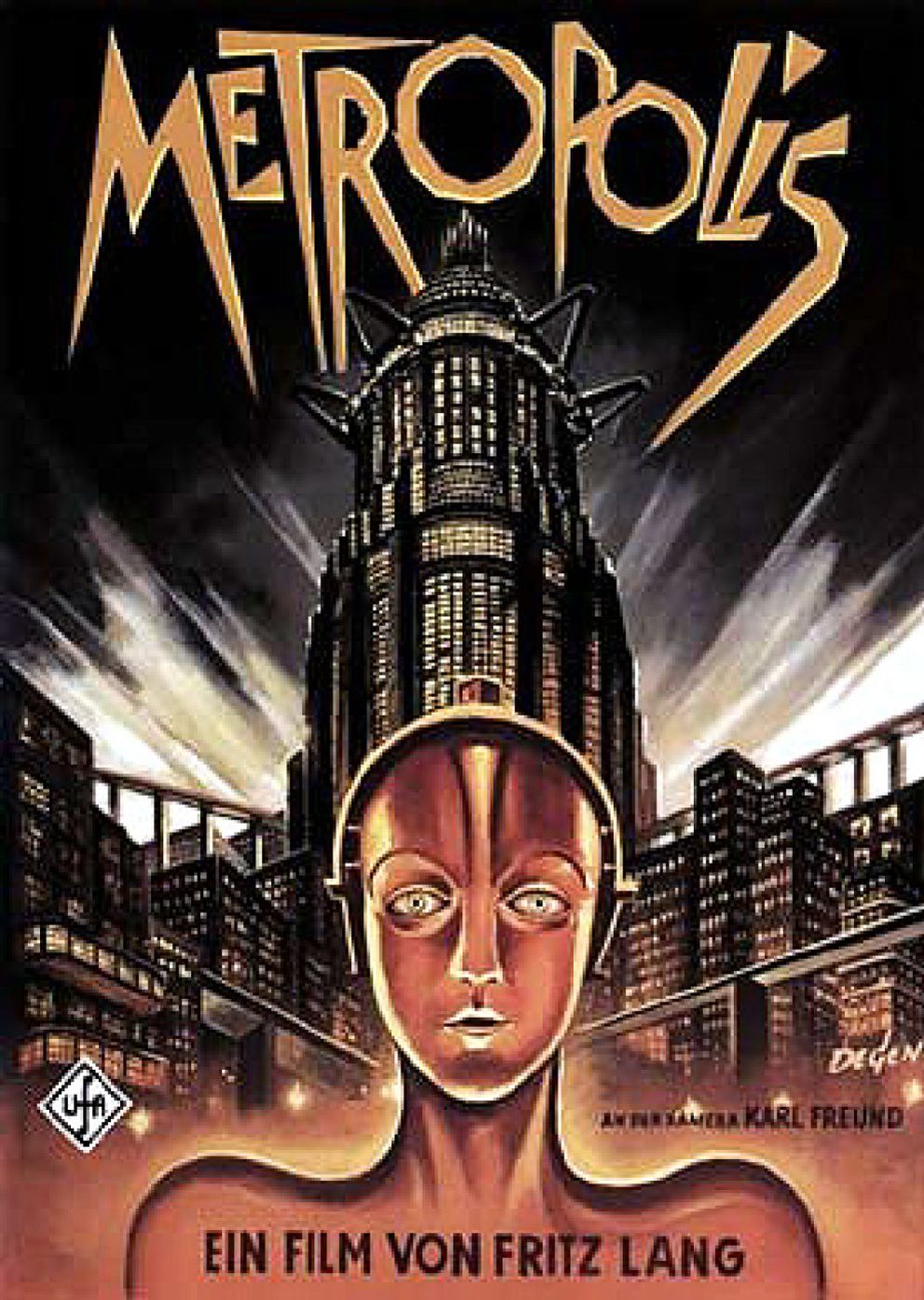
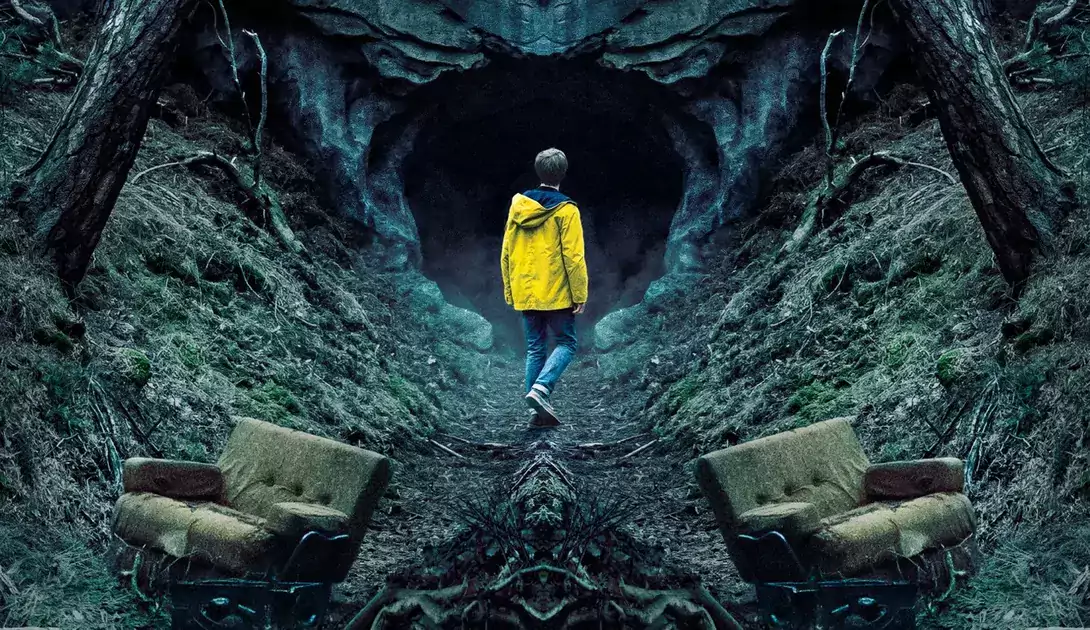
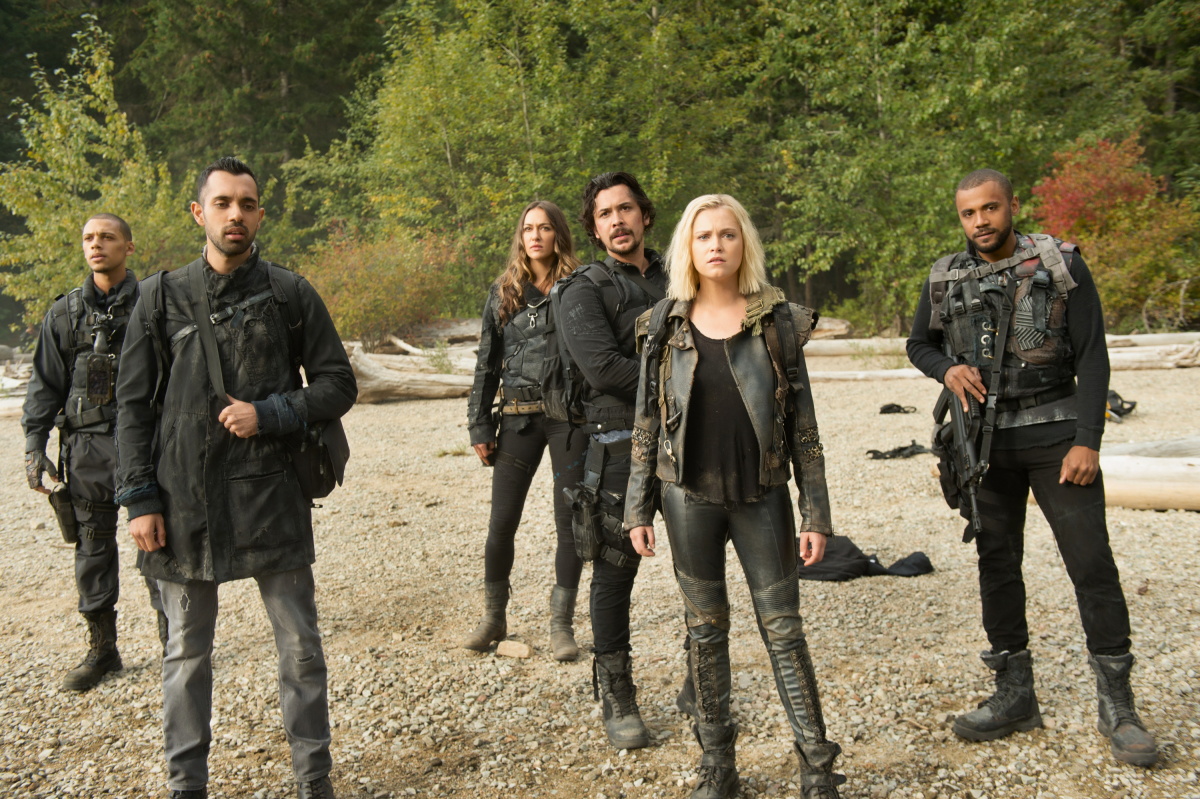

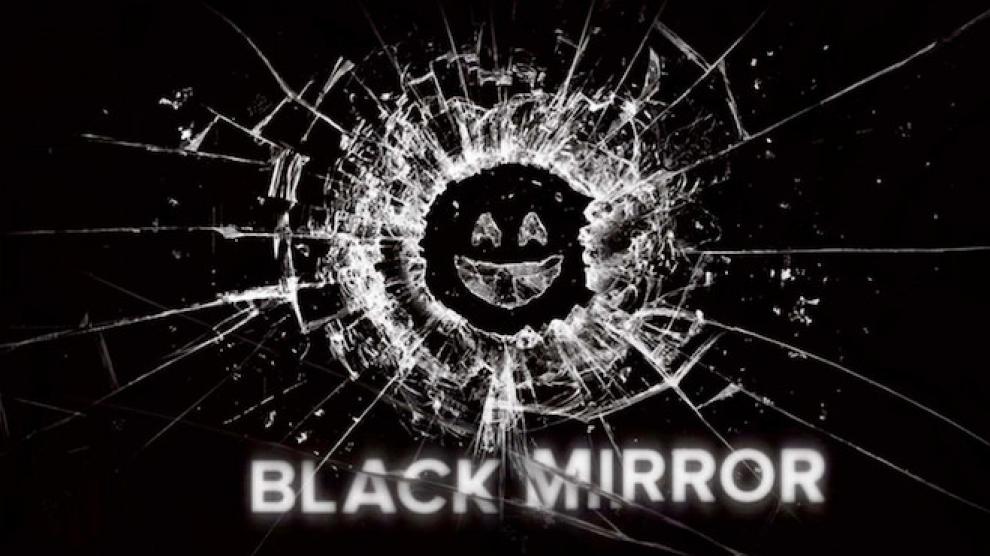
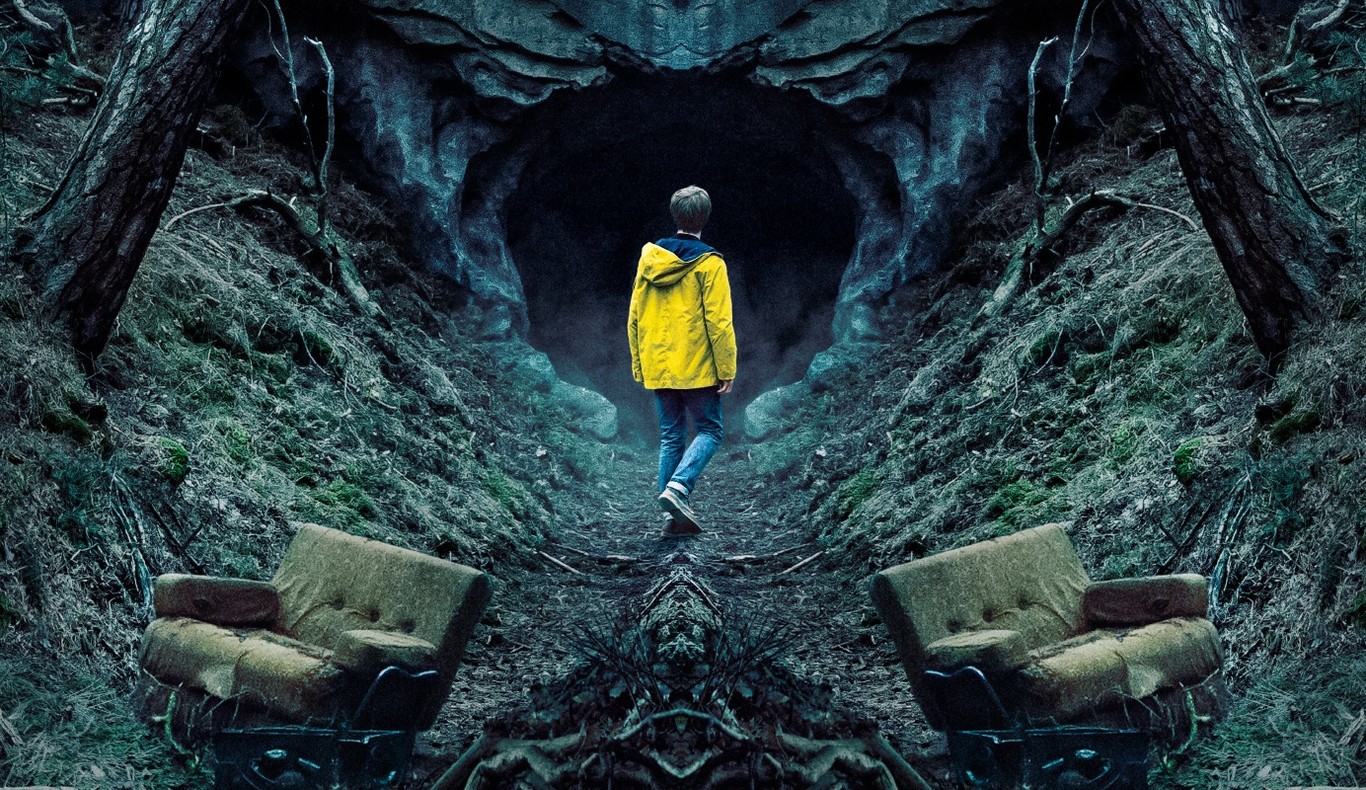
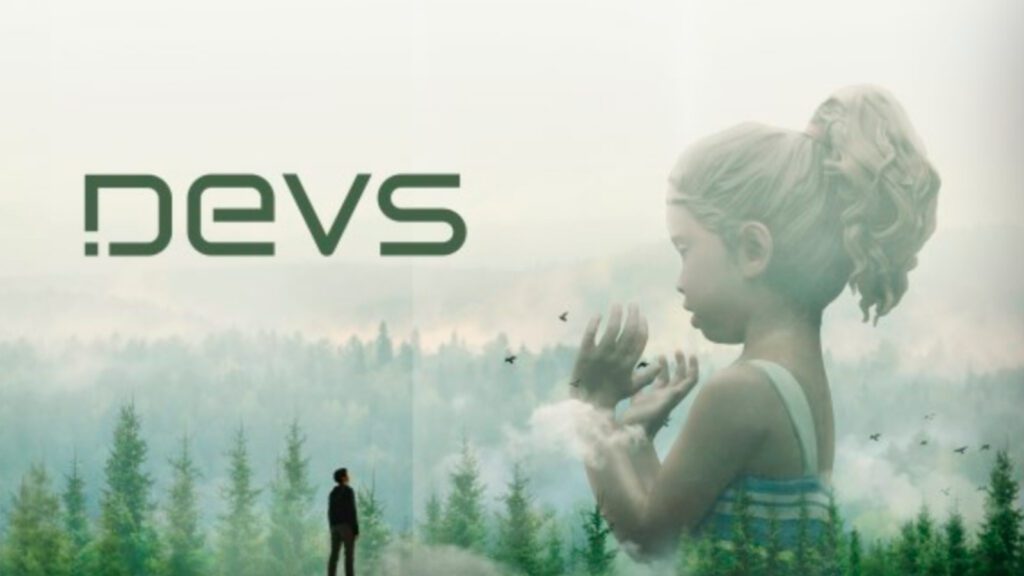
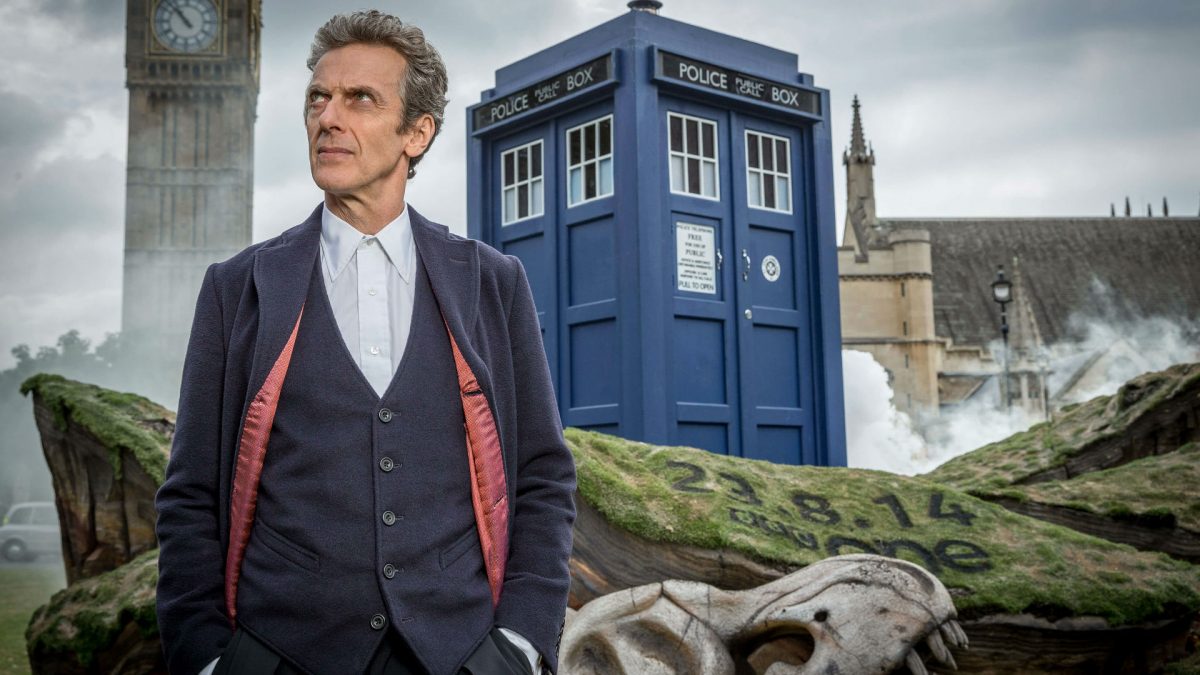
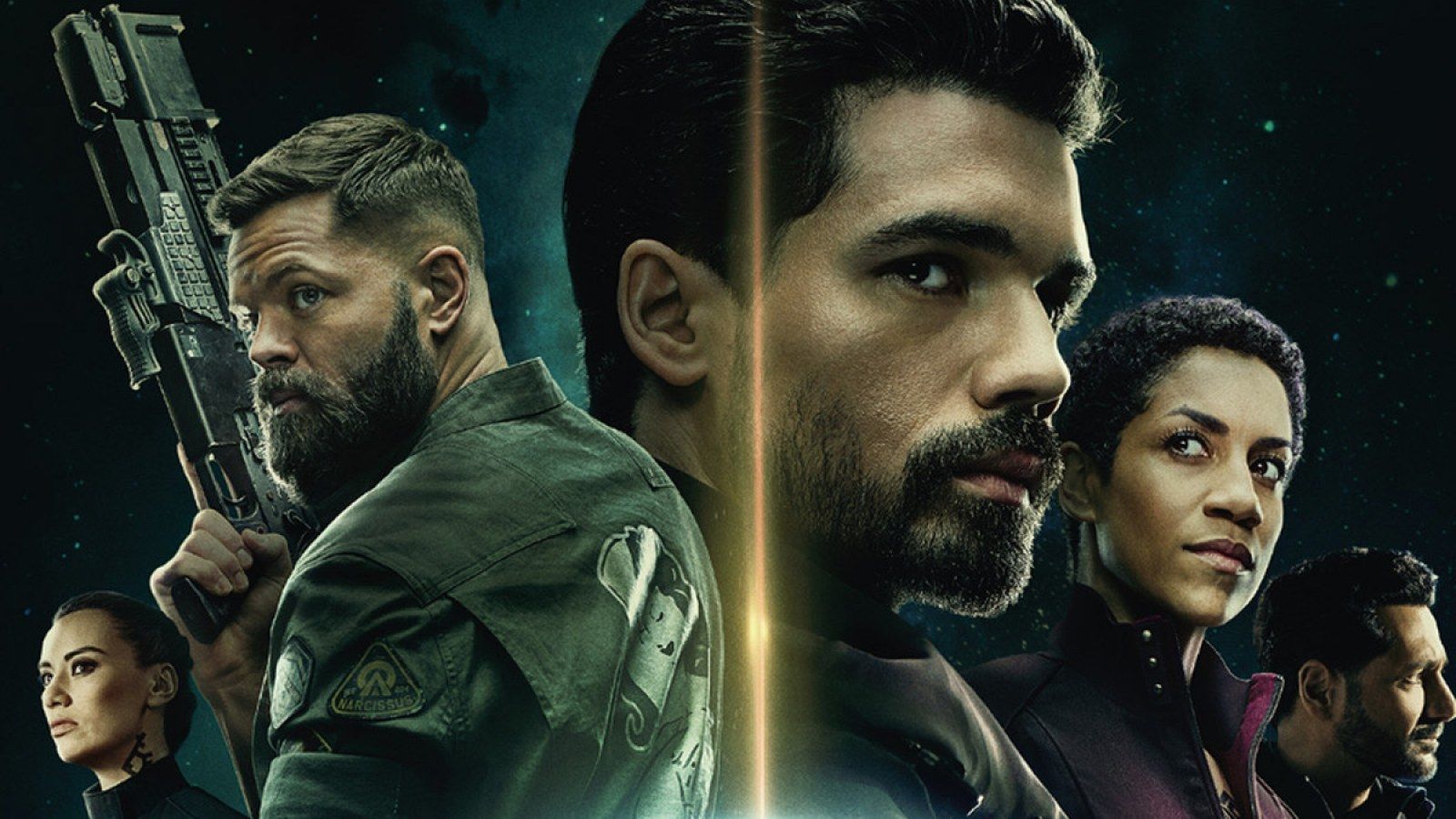


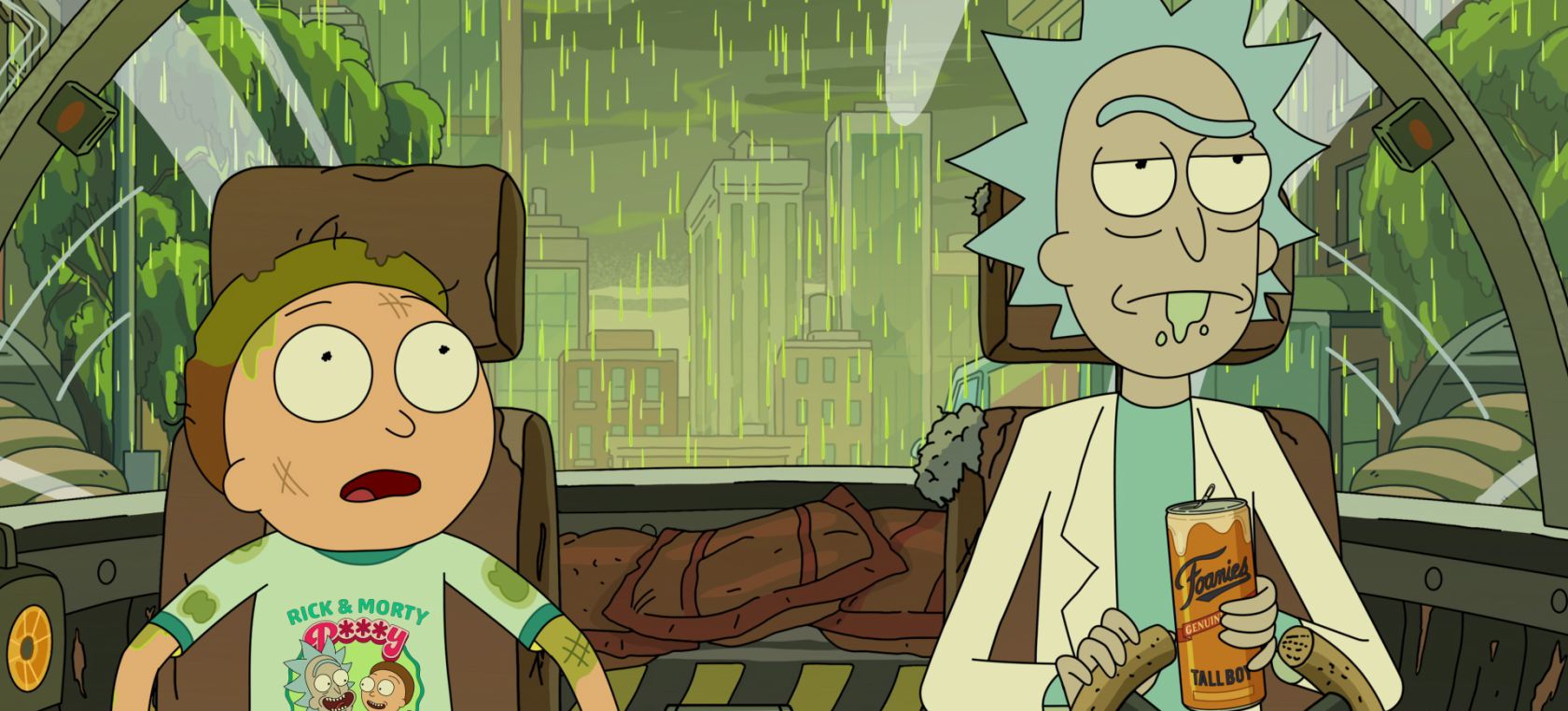
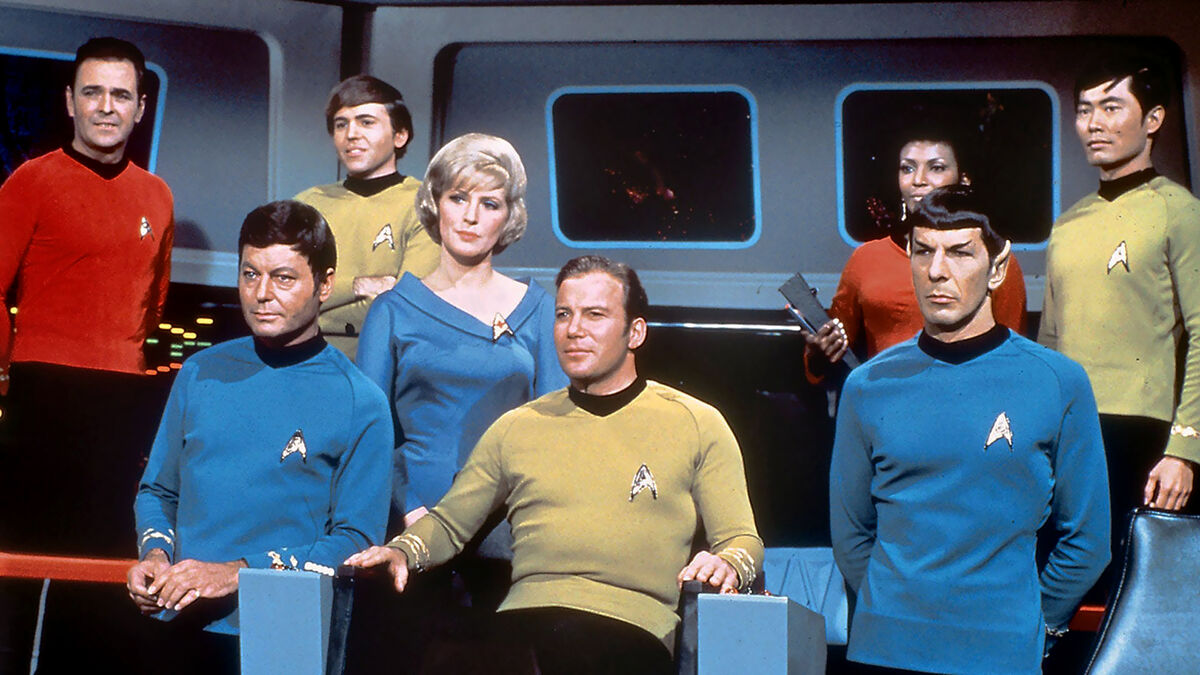

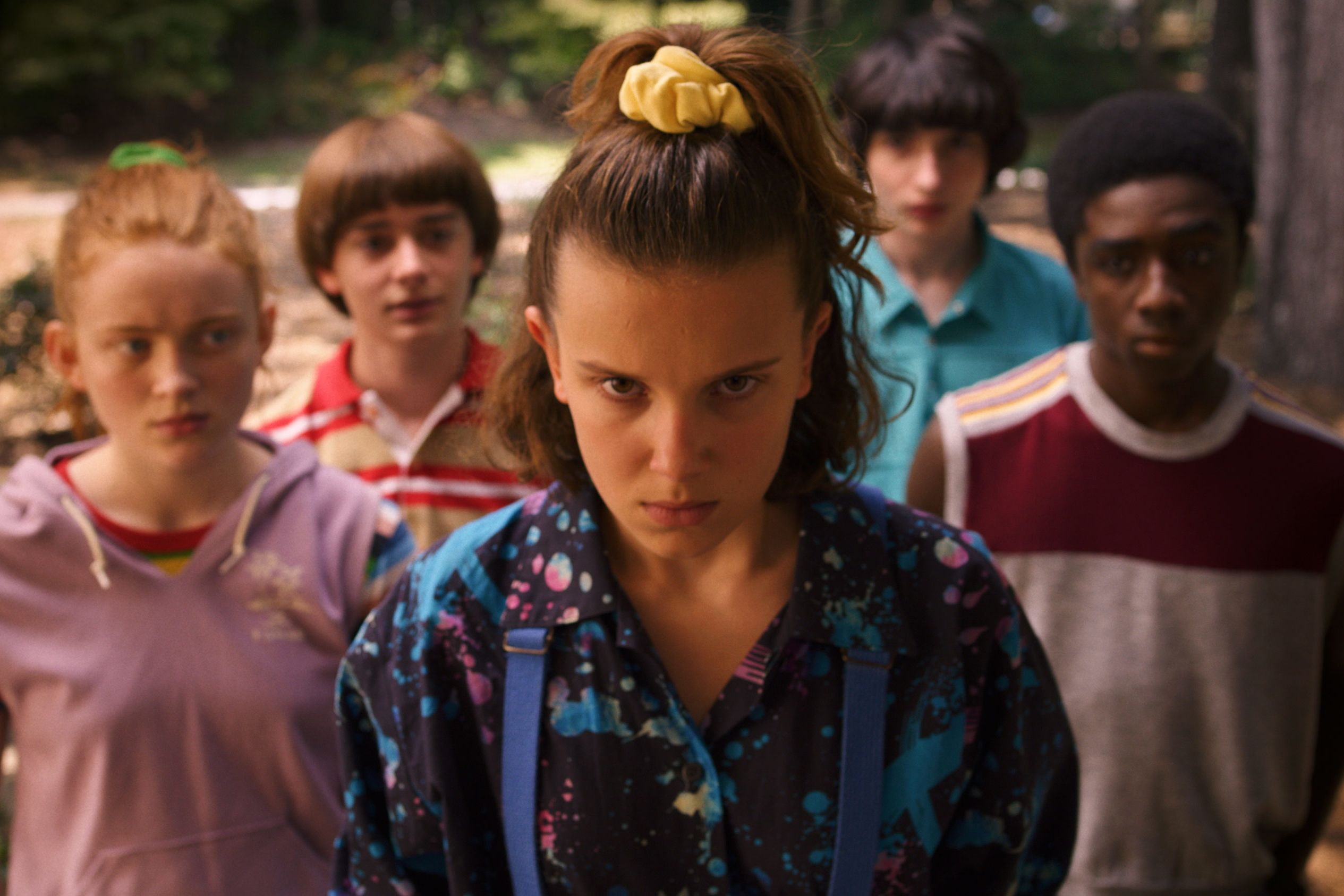
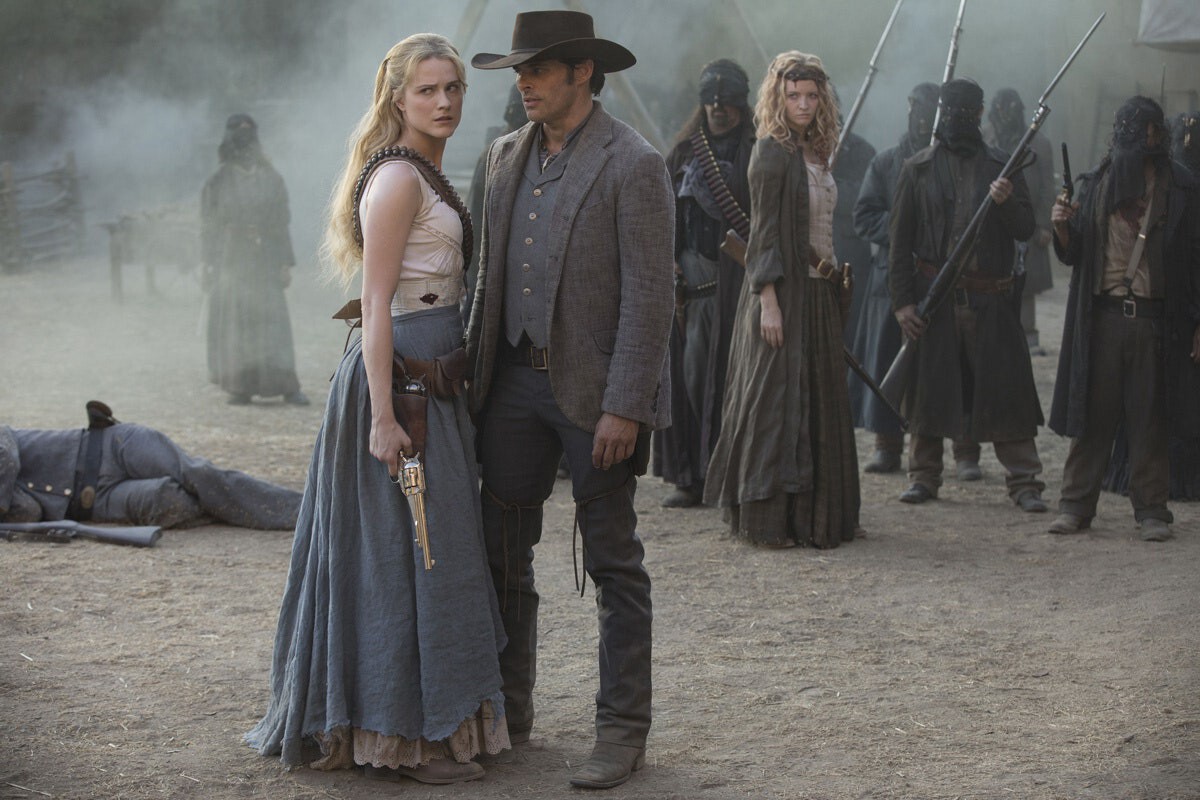
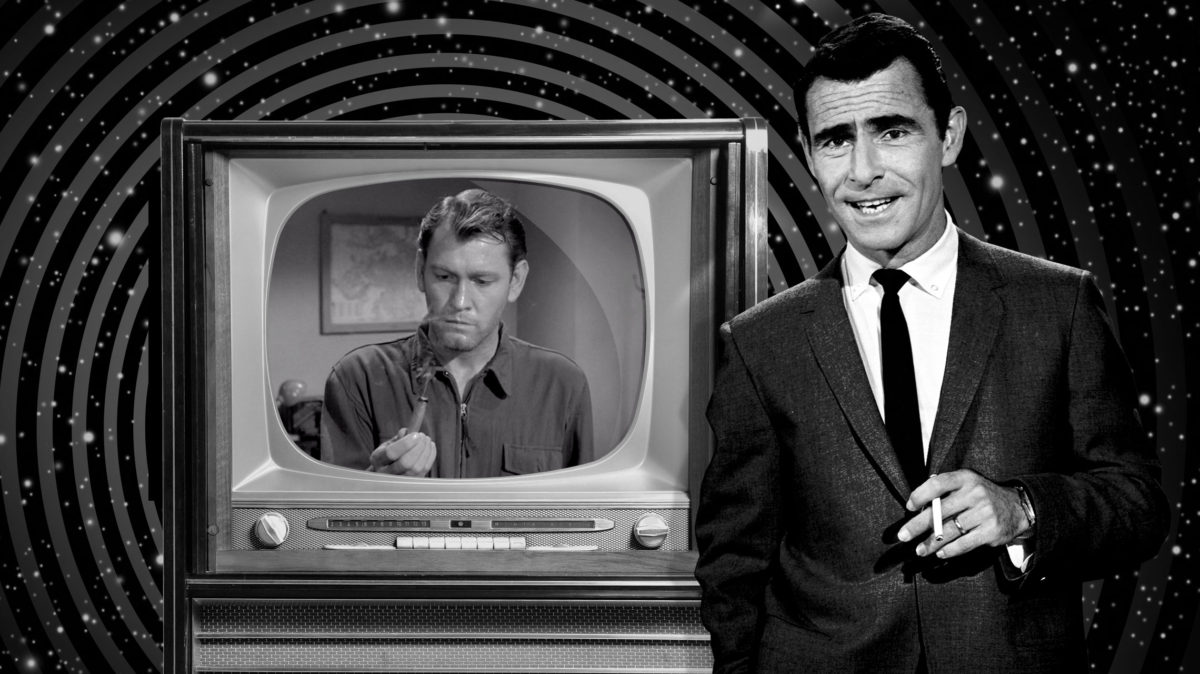
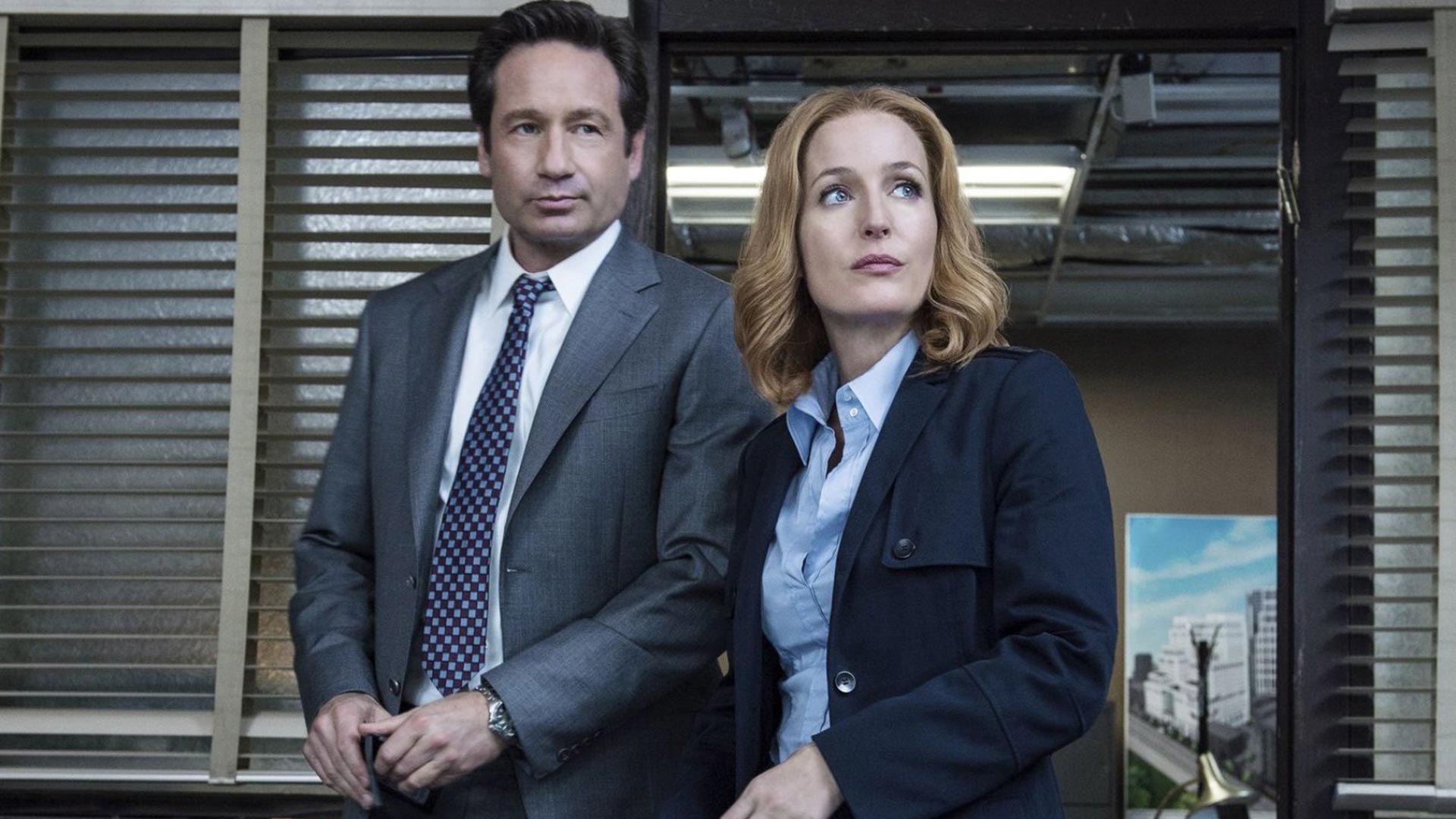
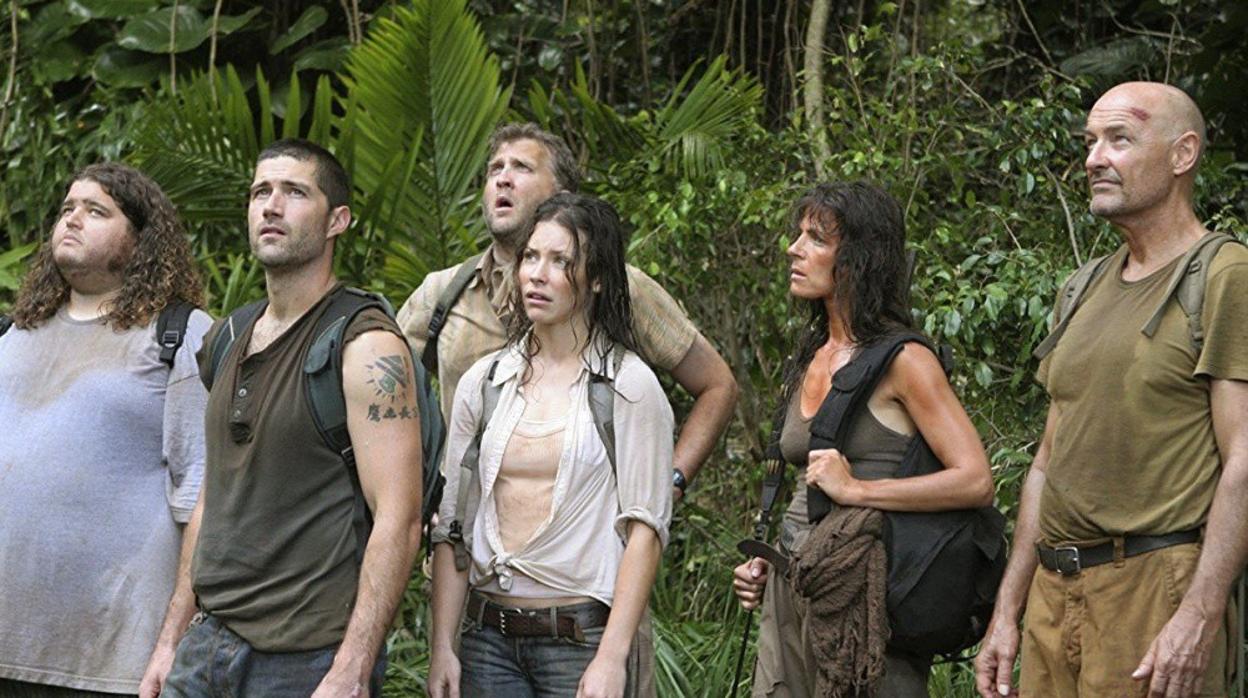
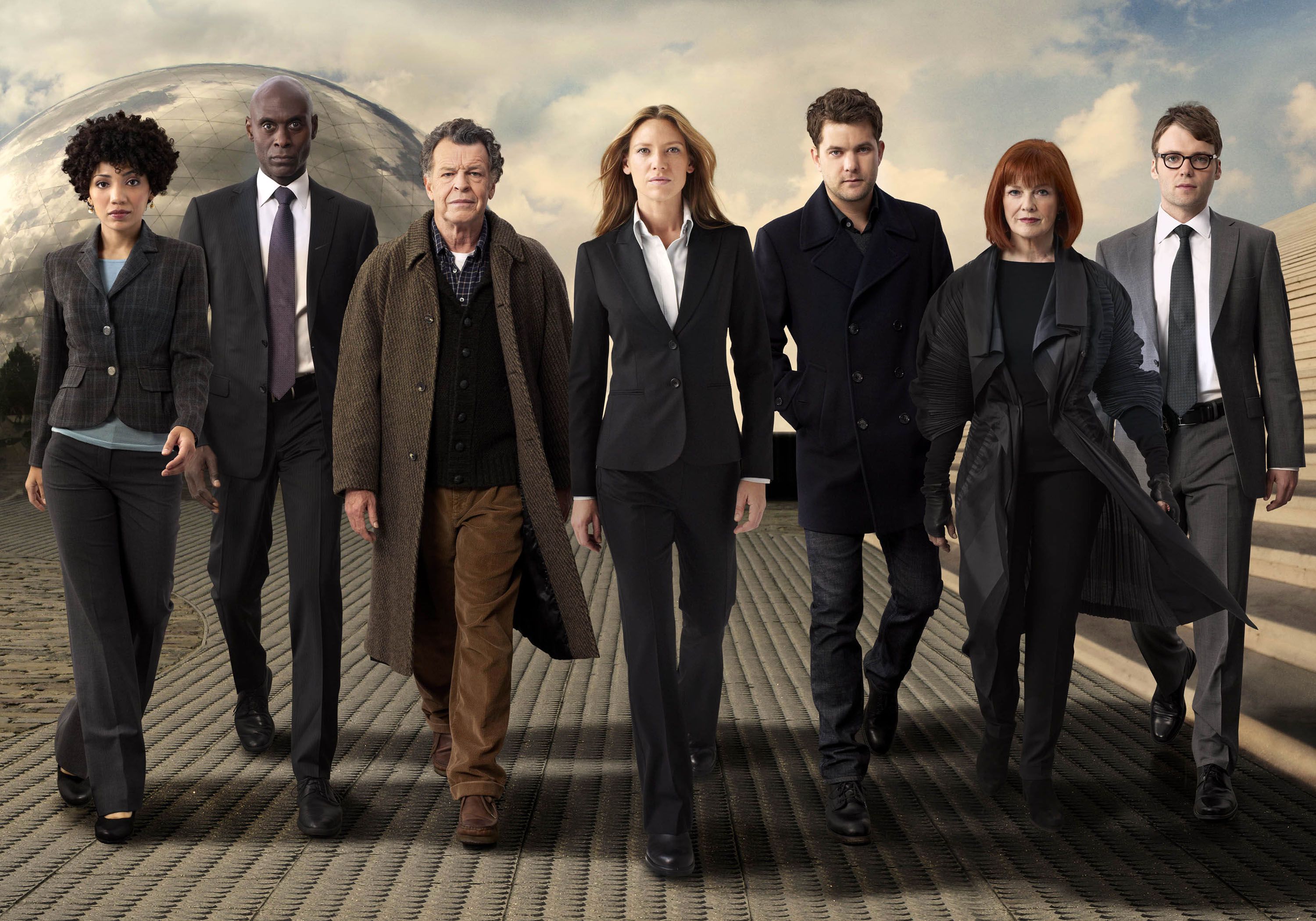
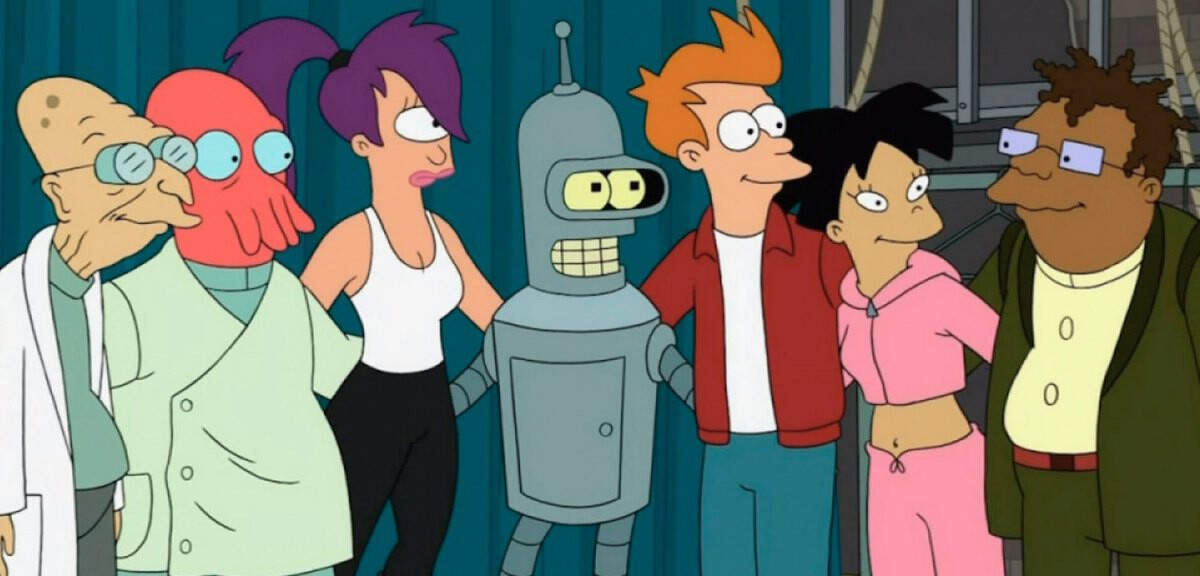


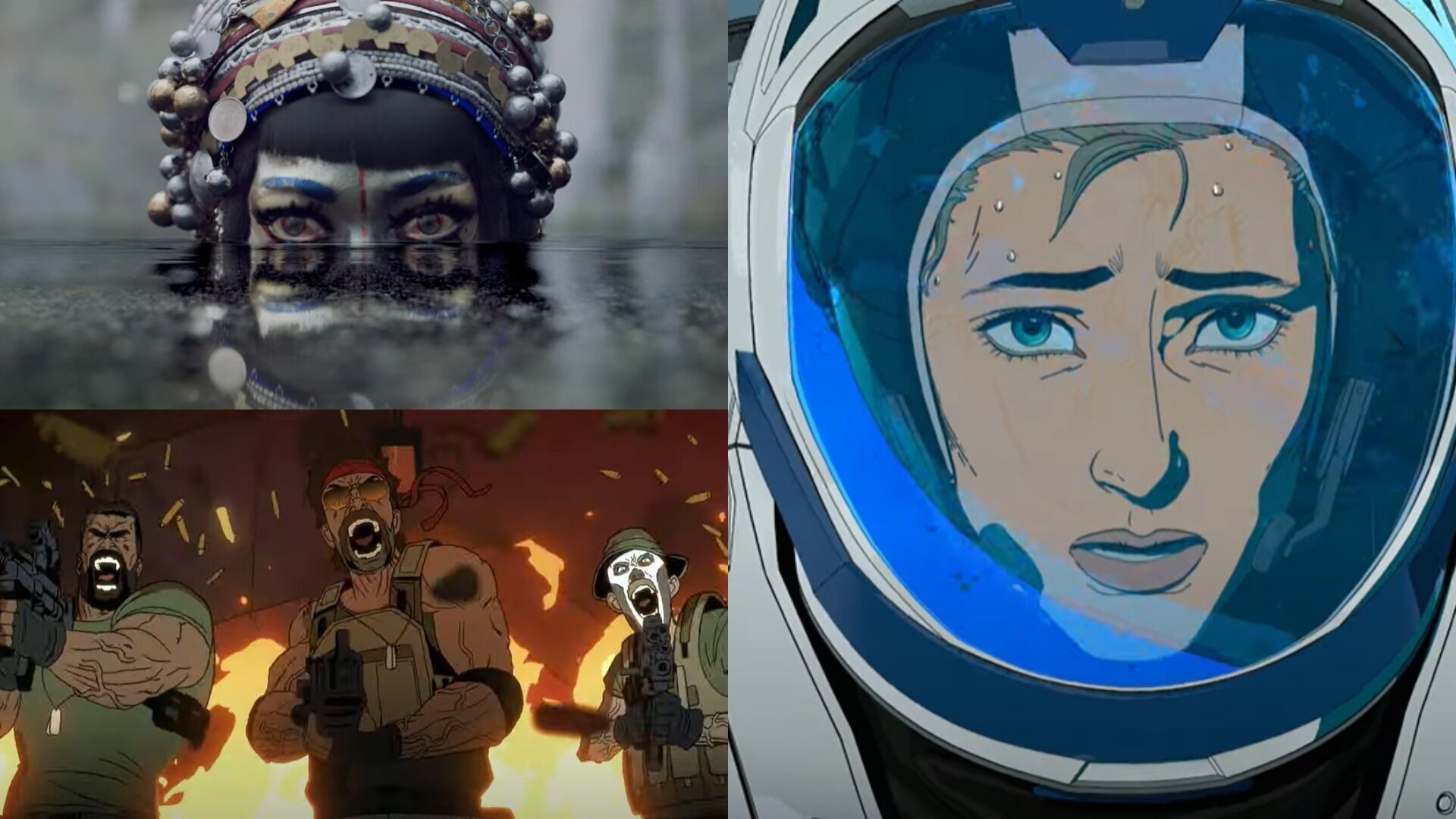
Comentarios